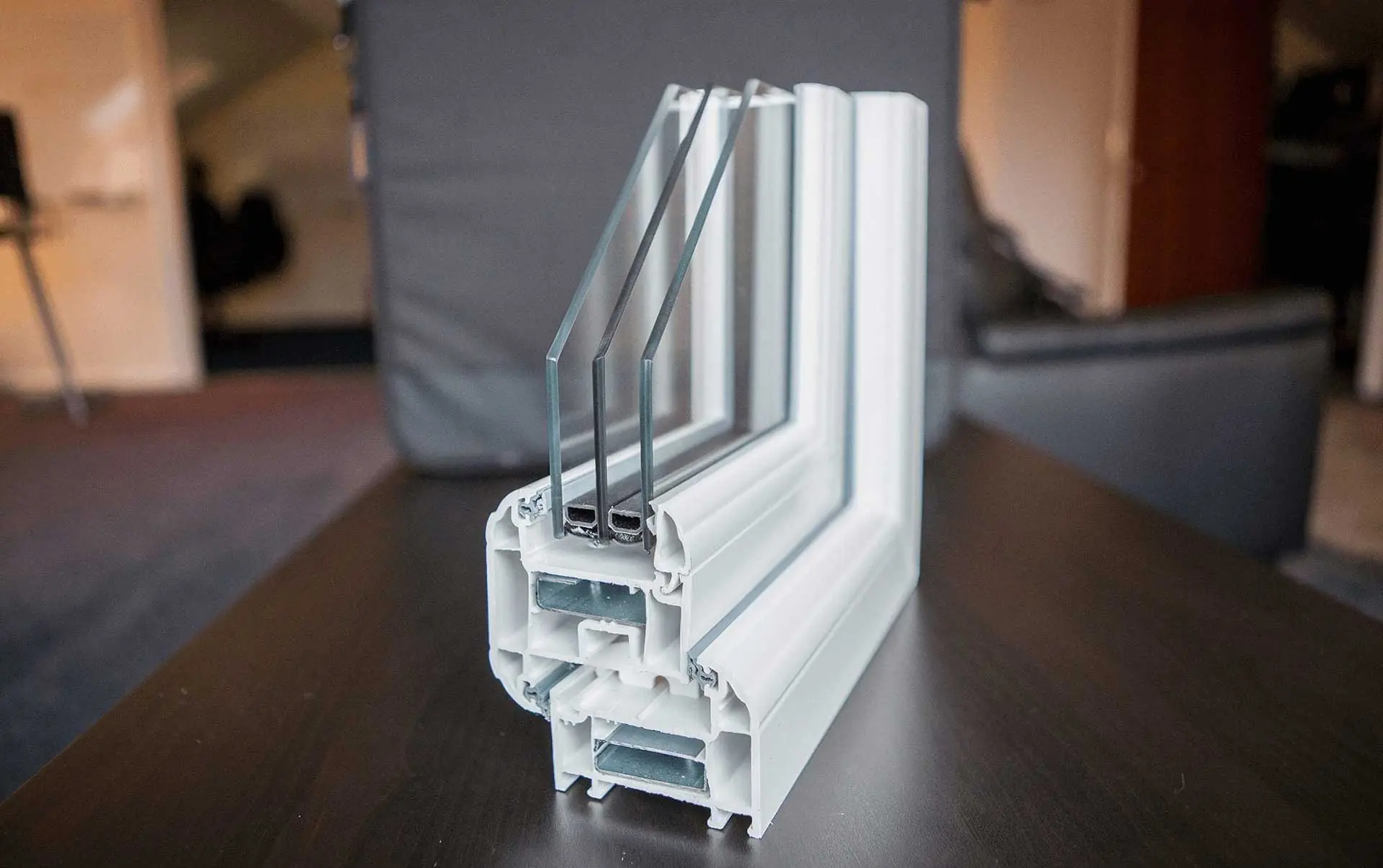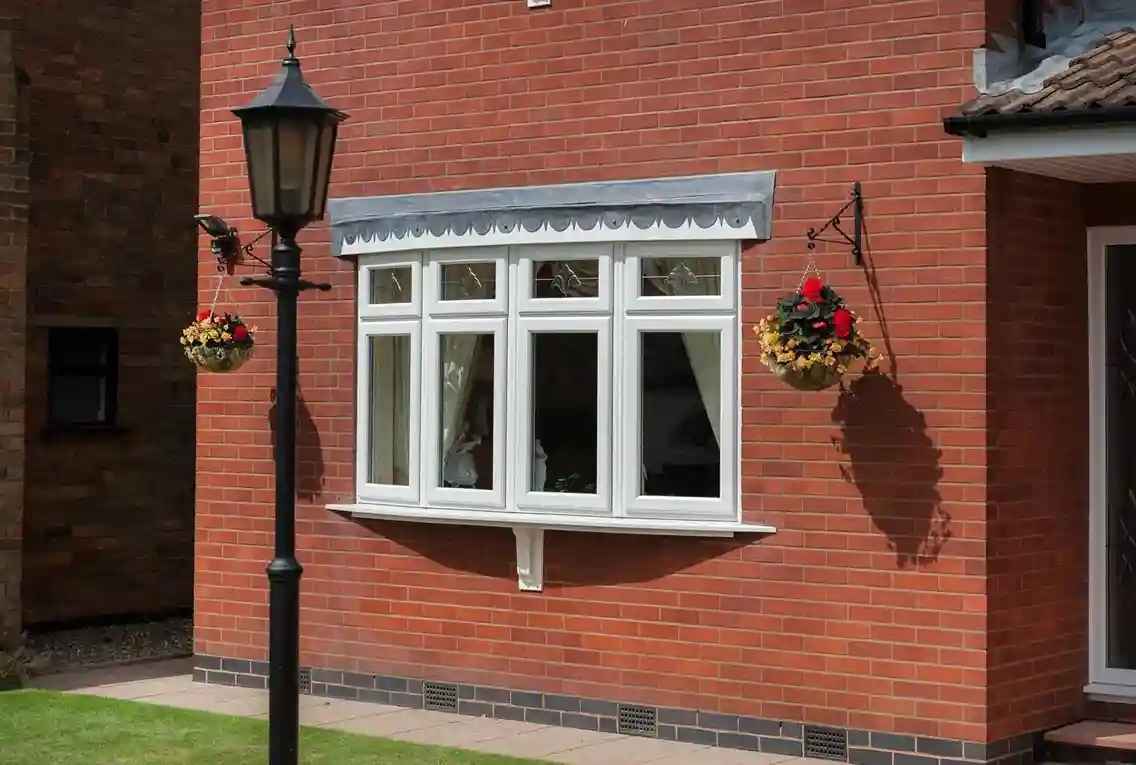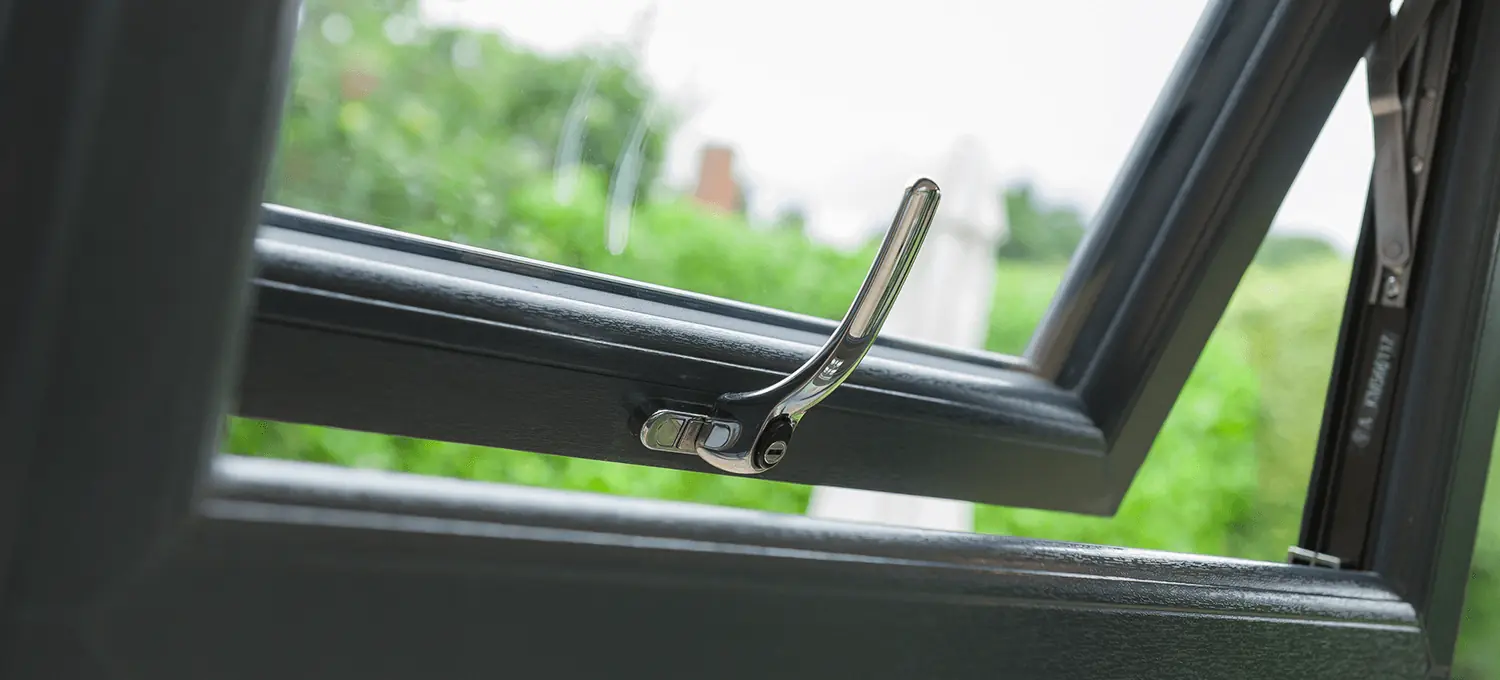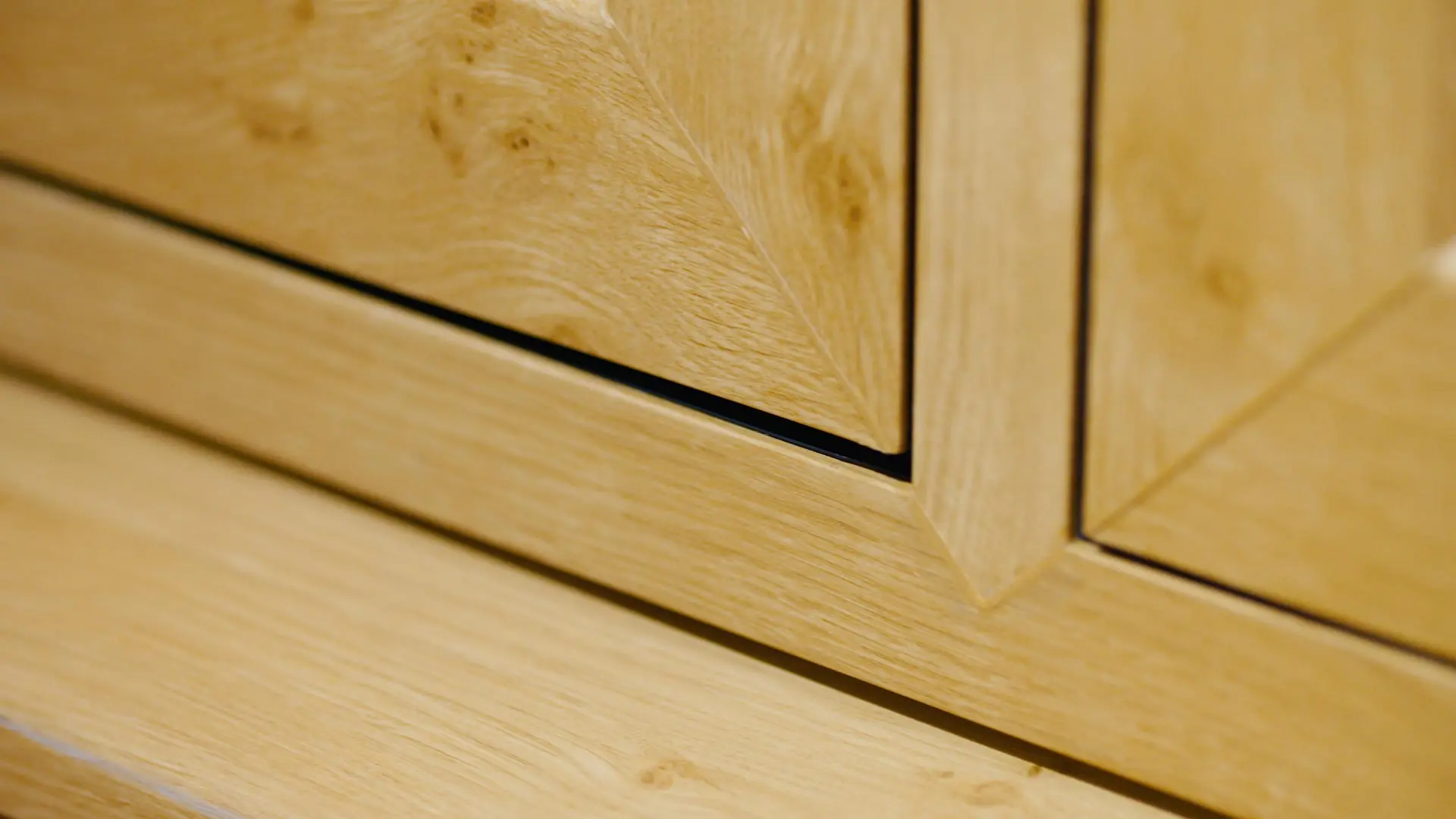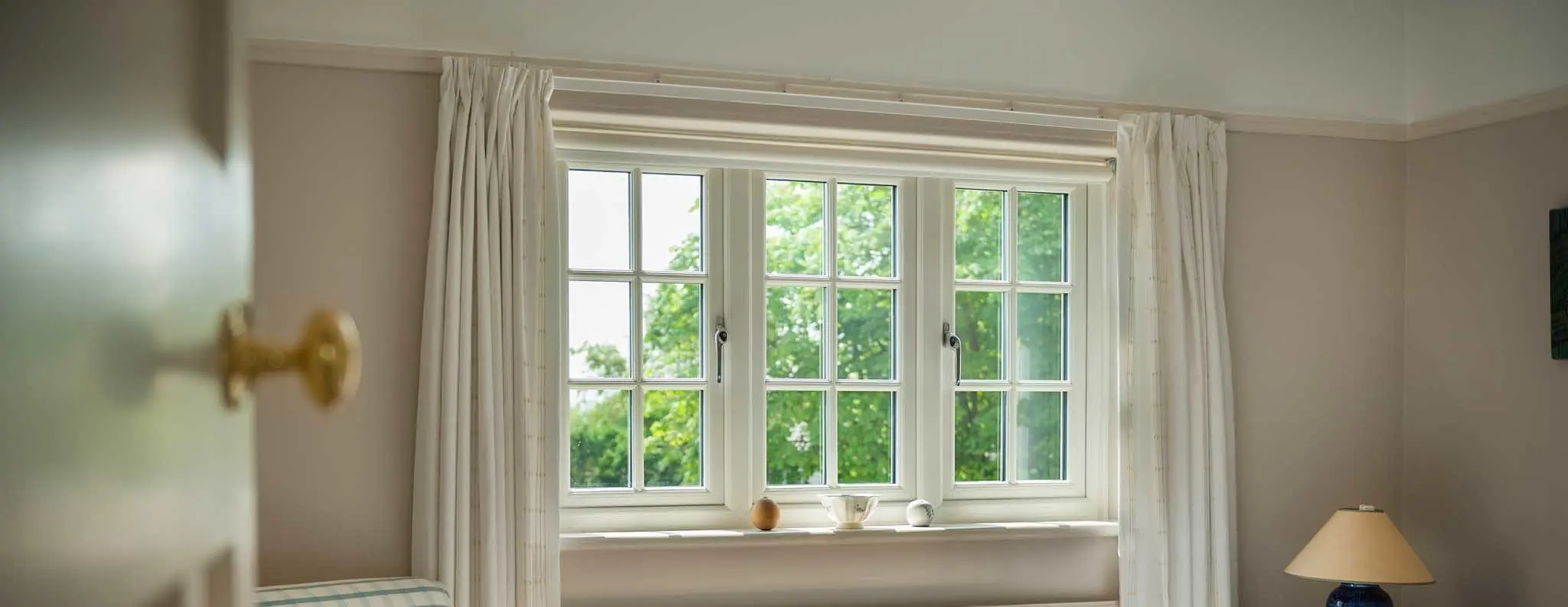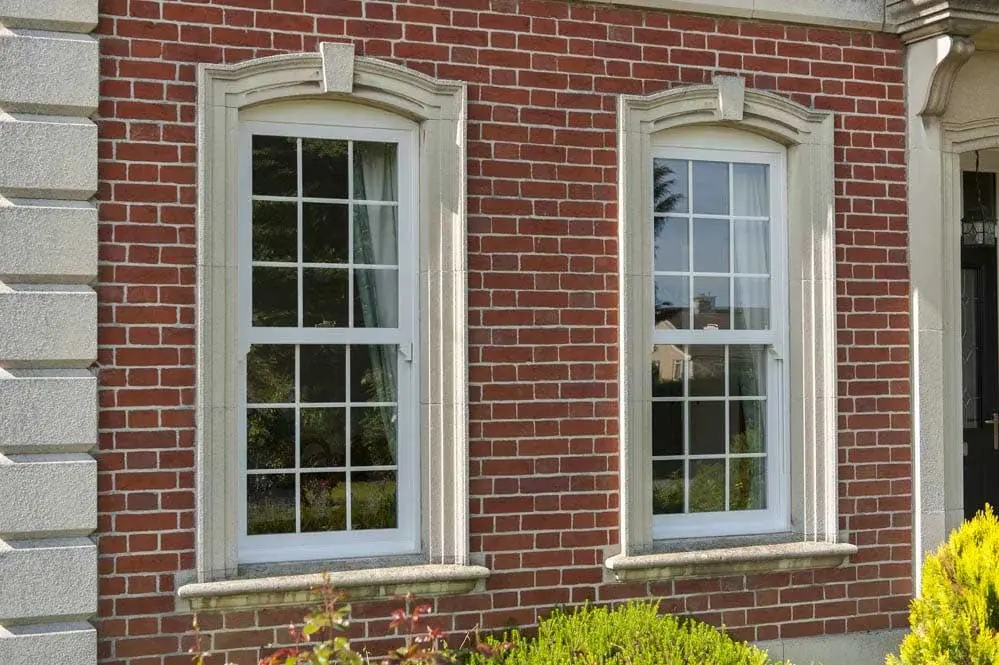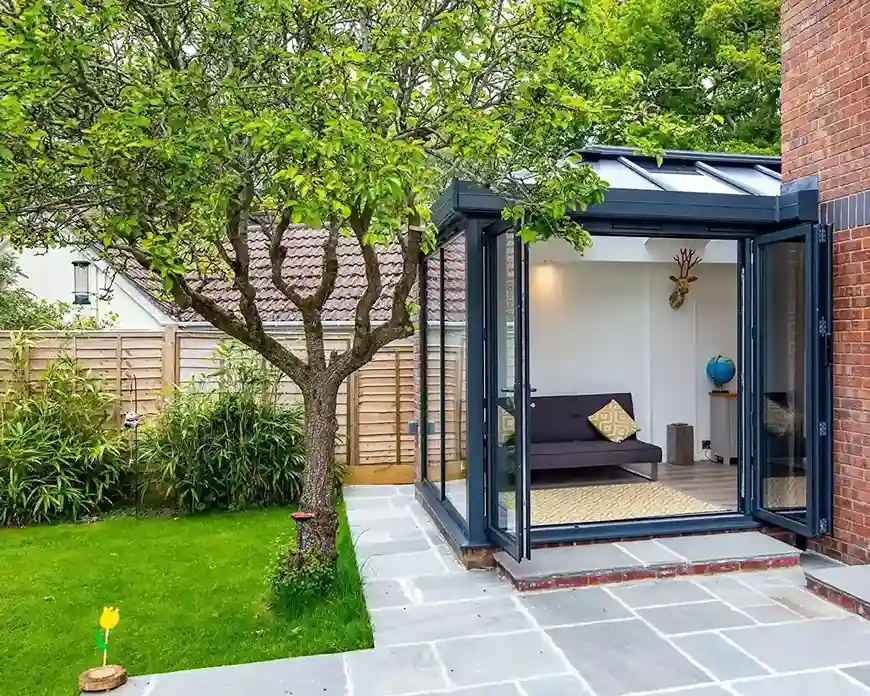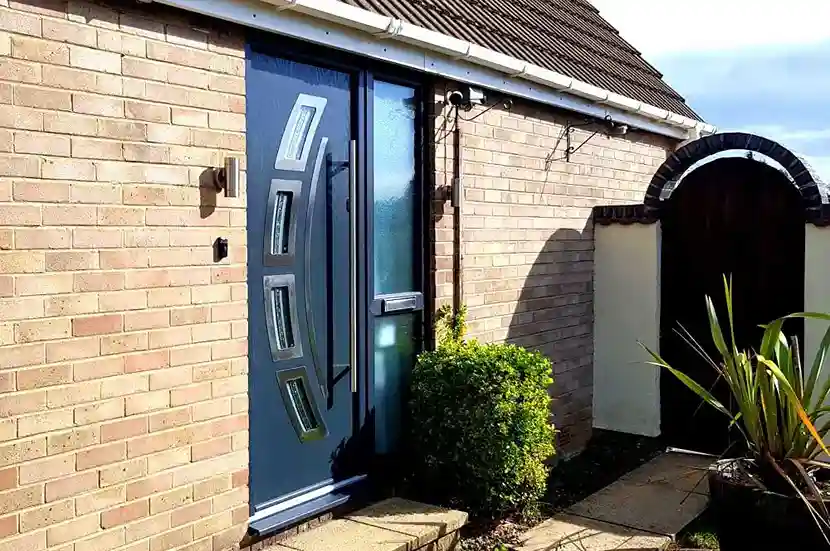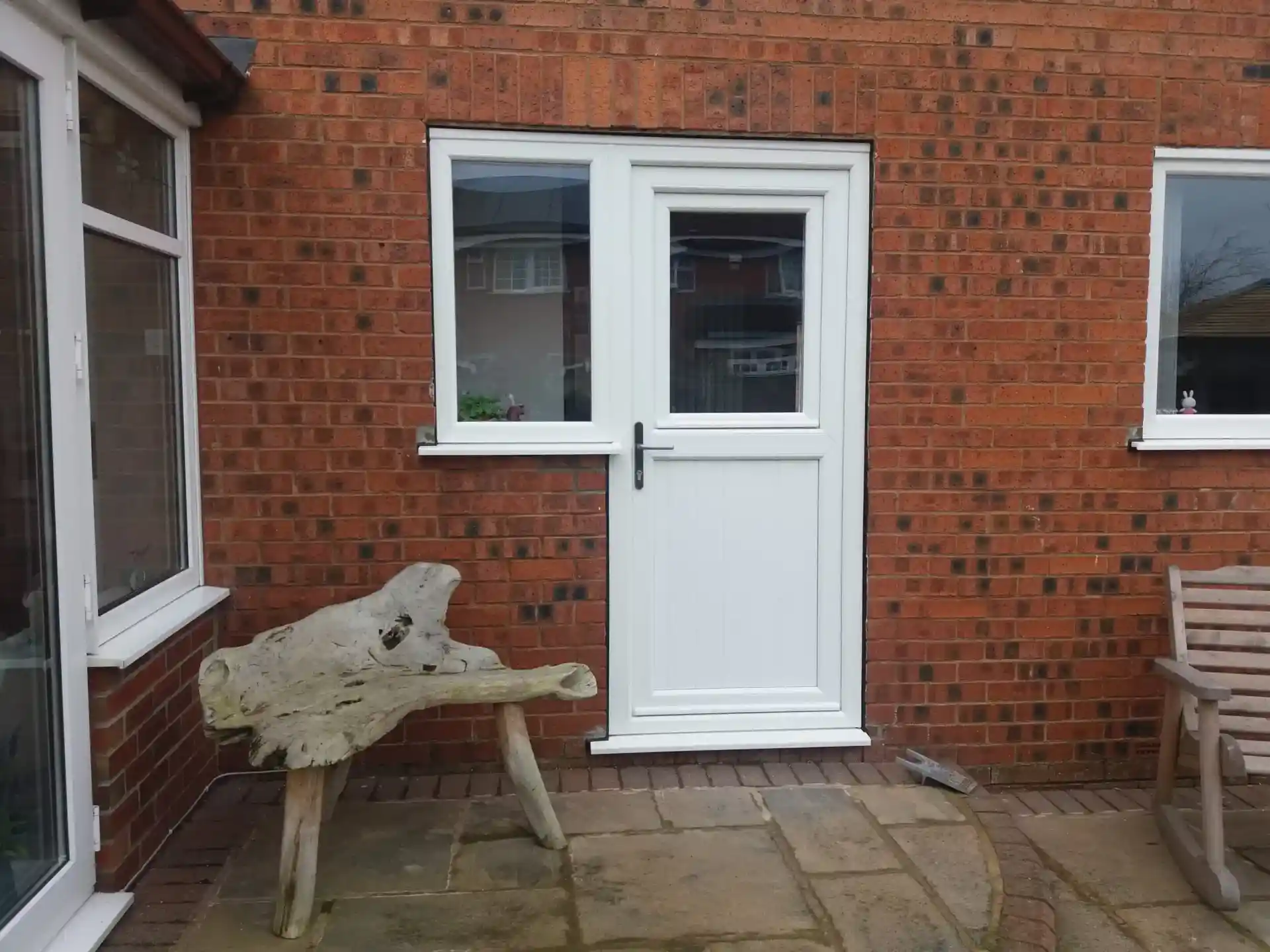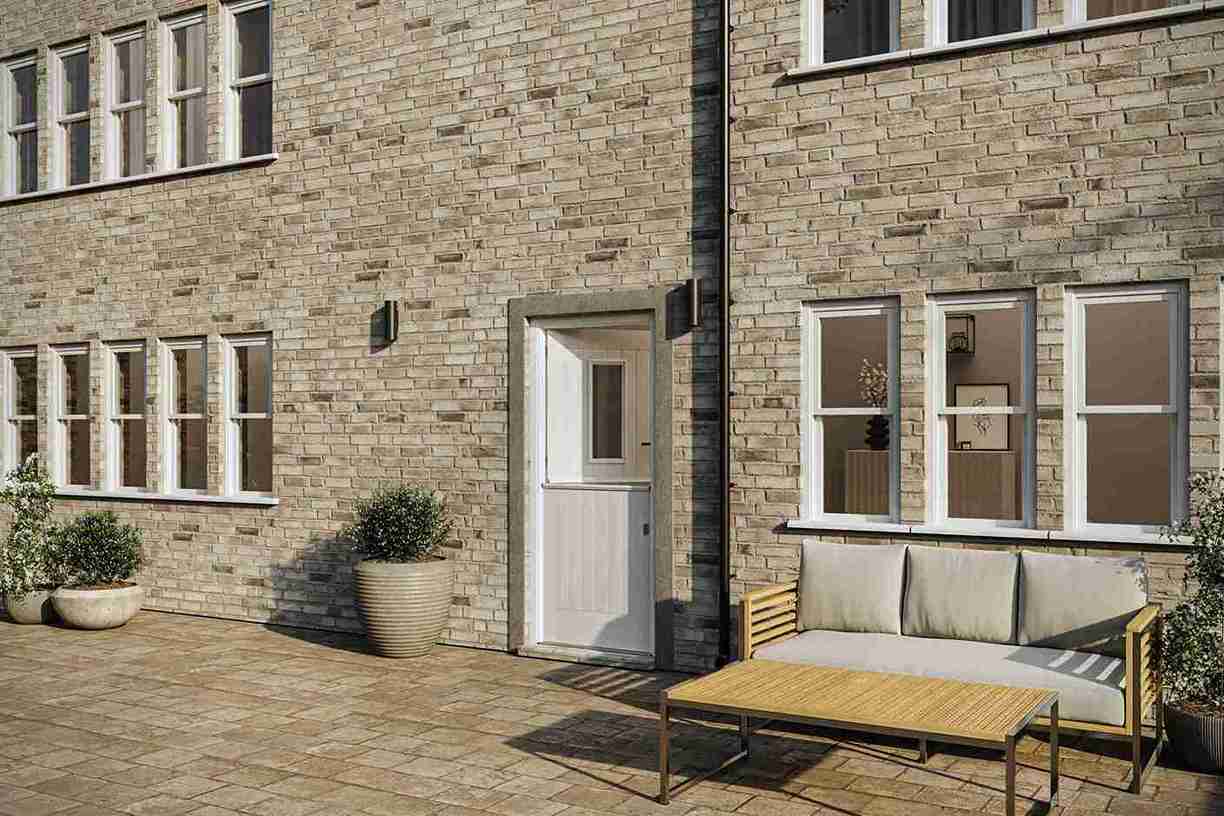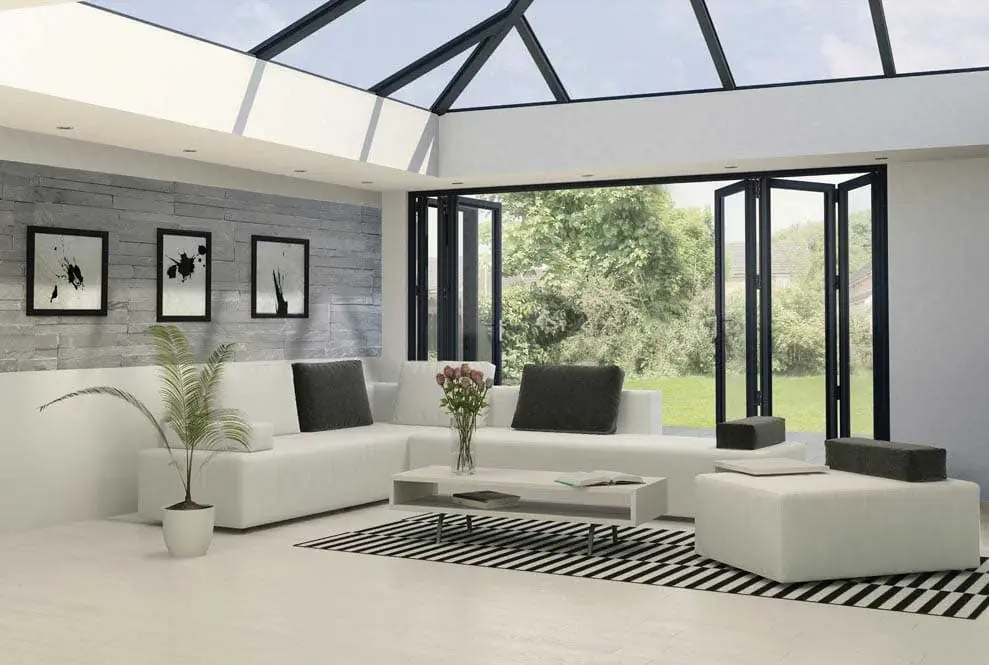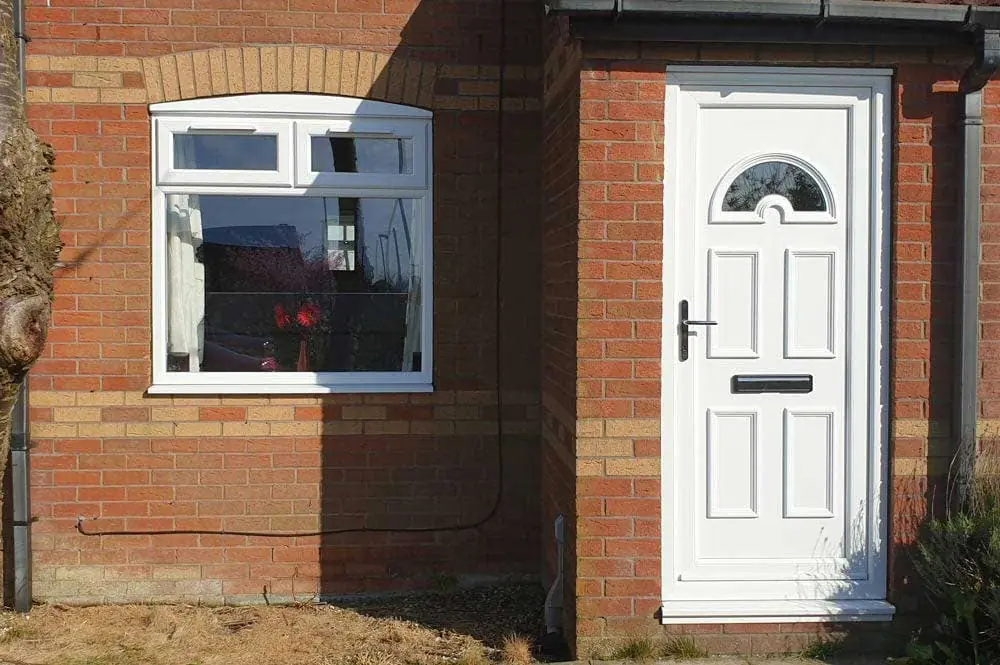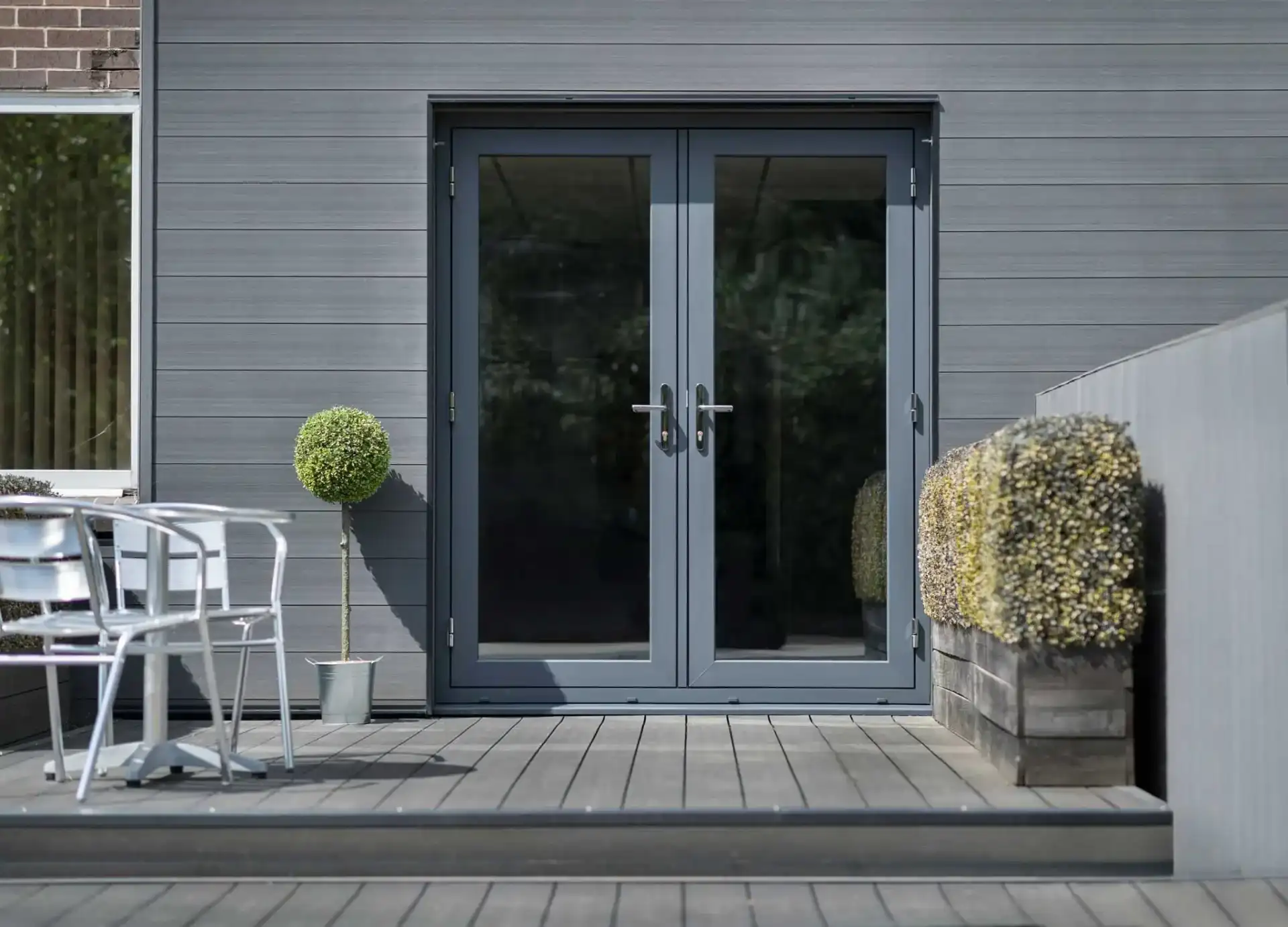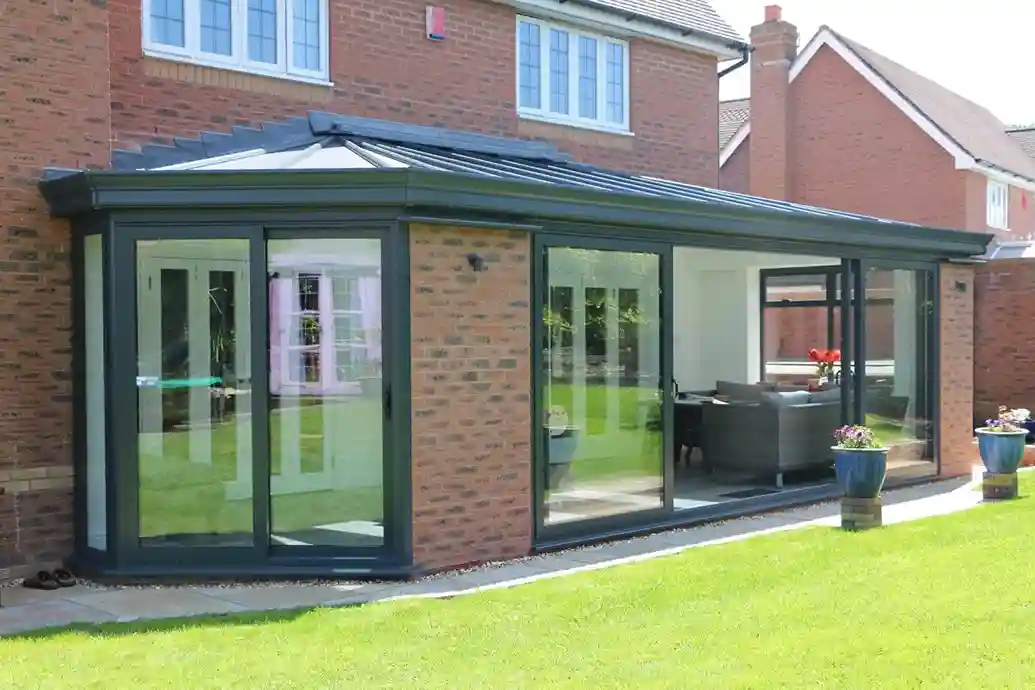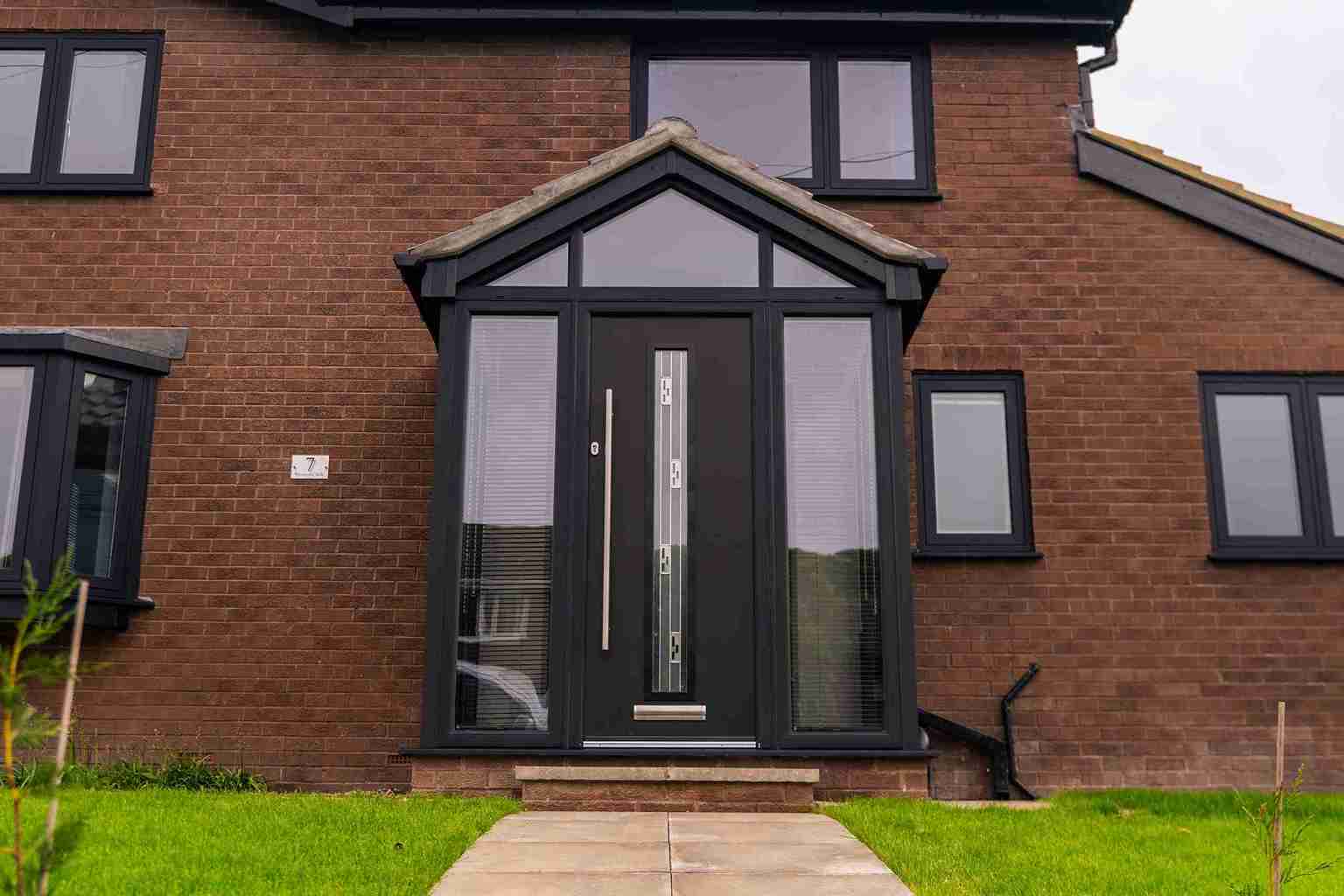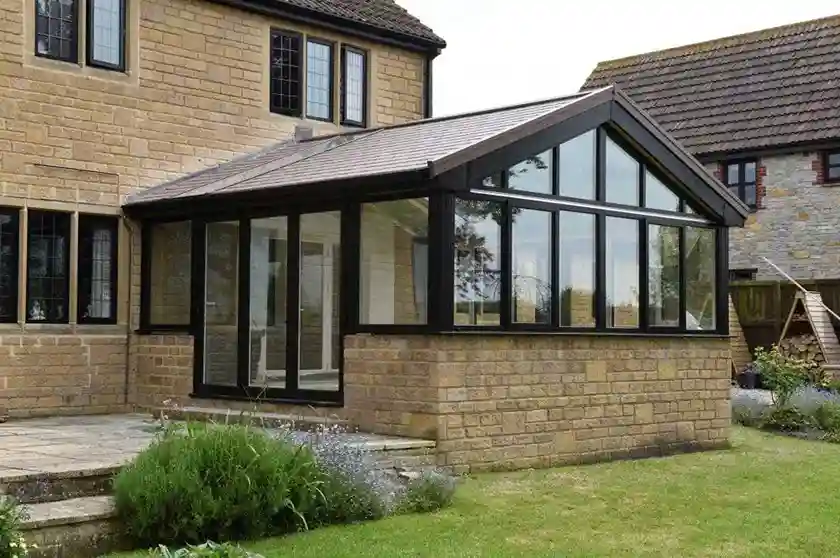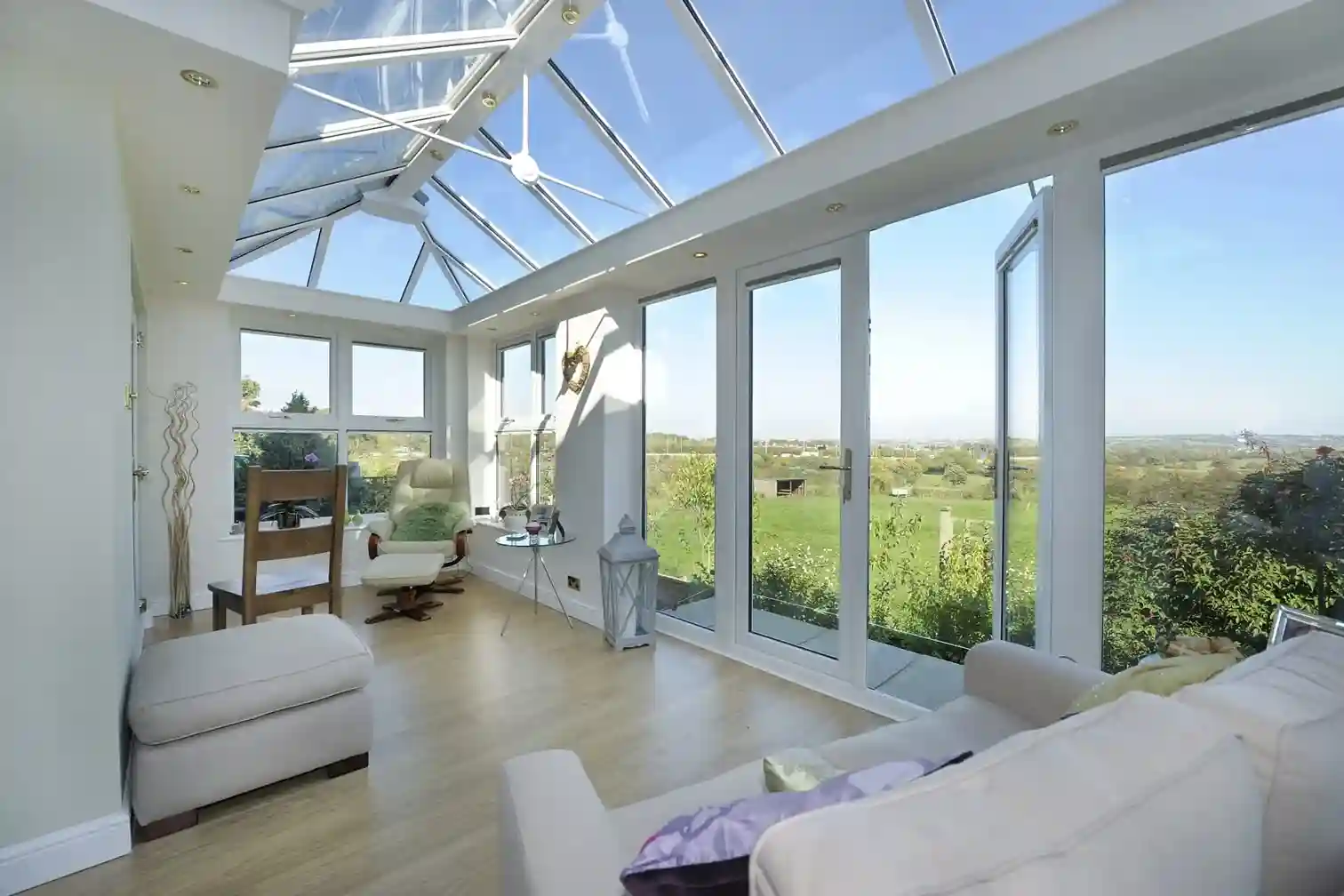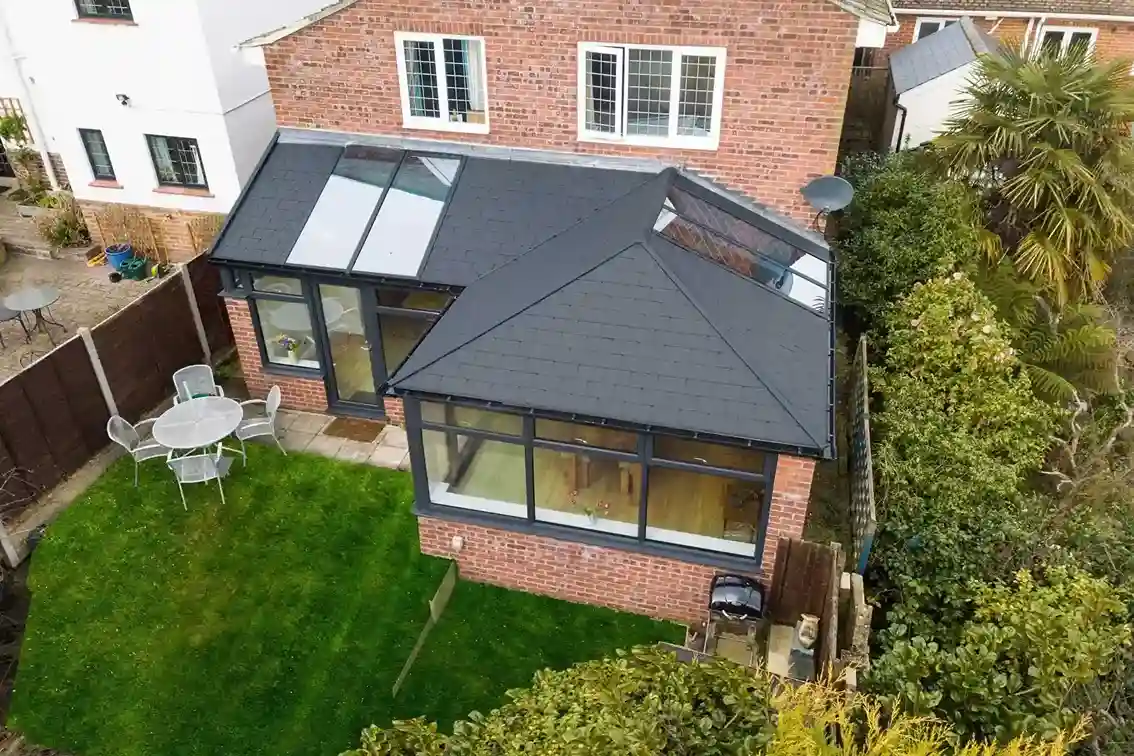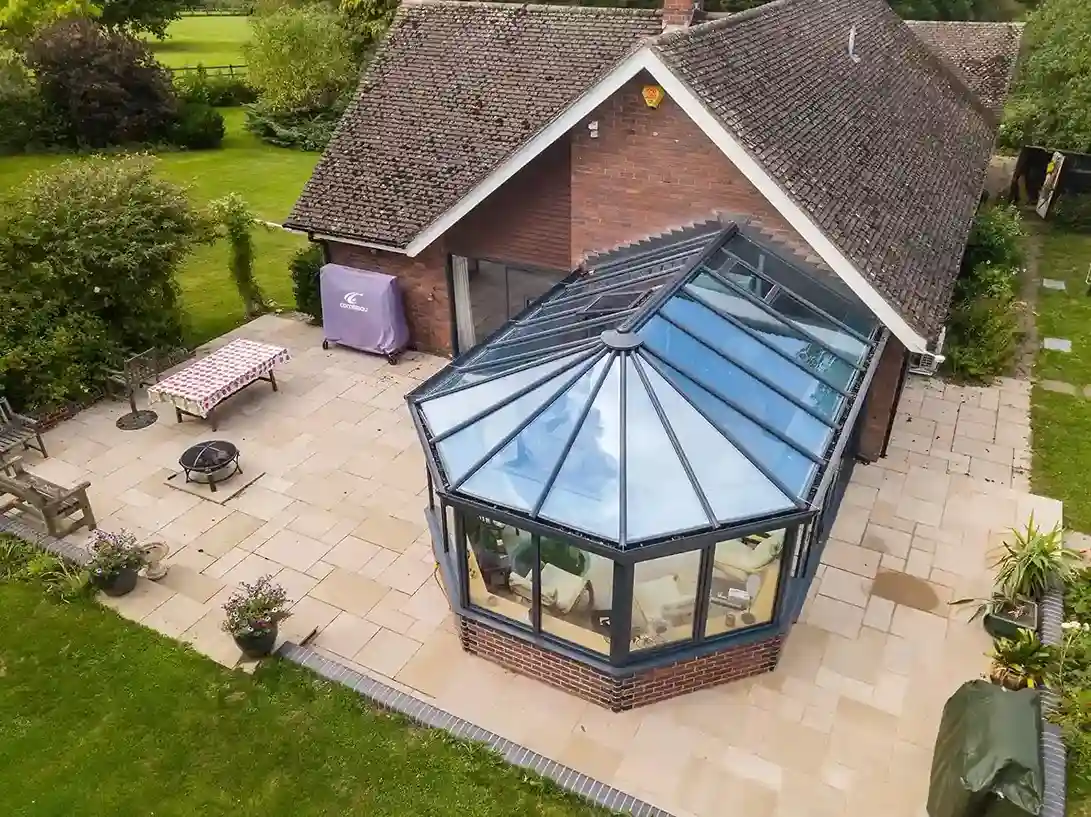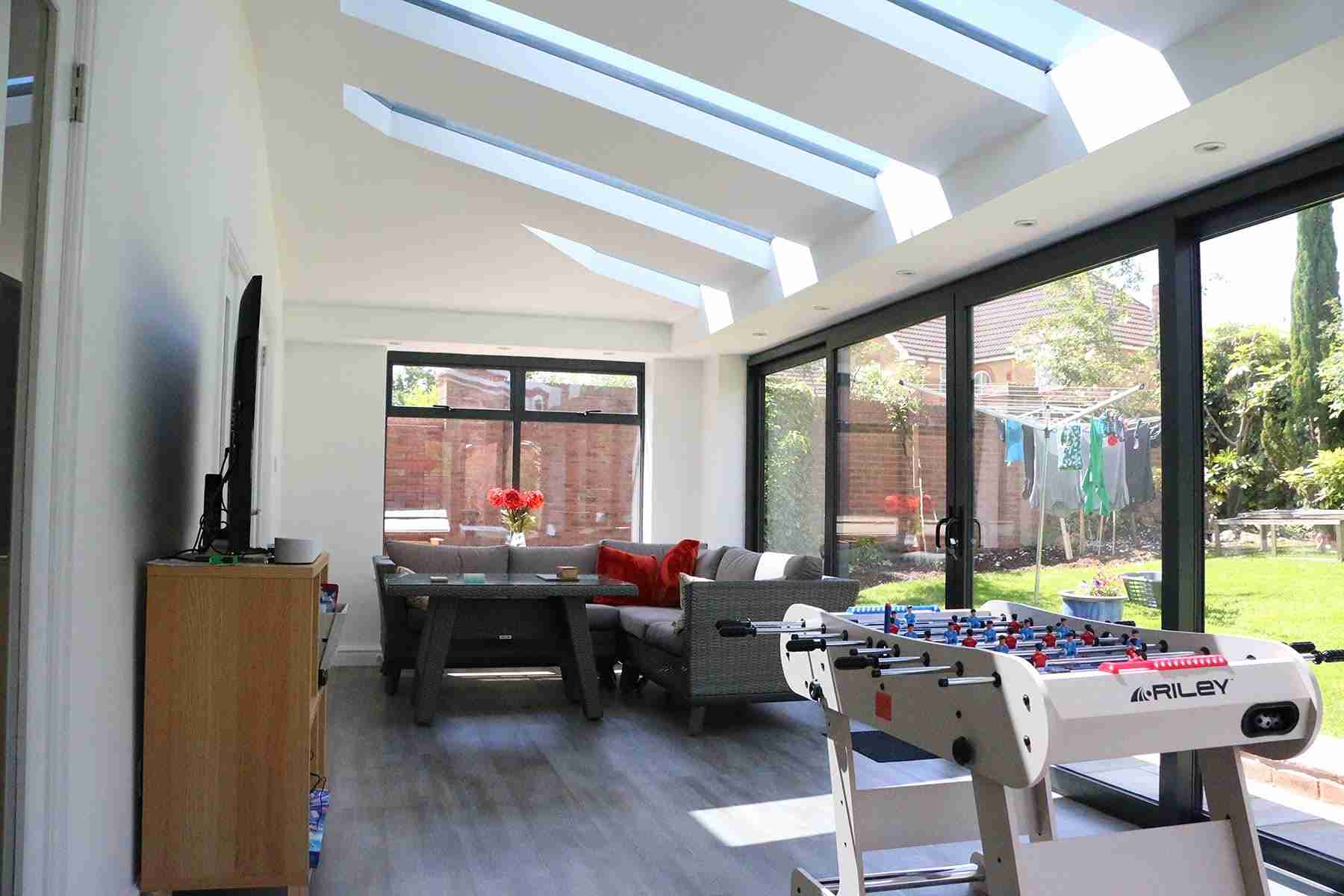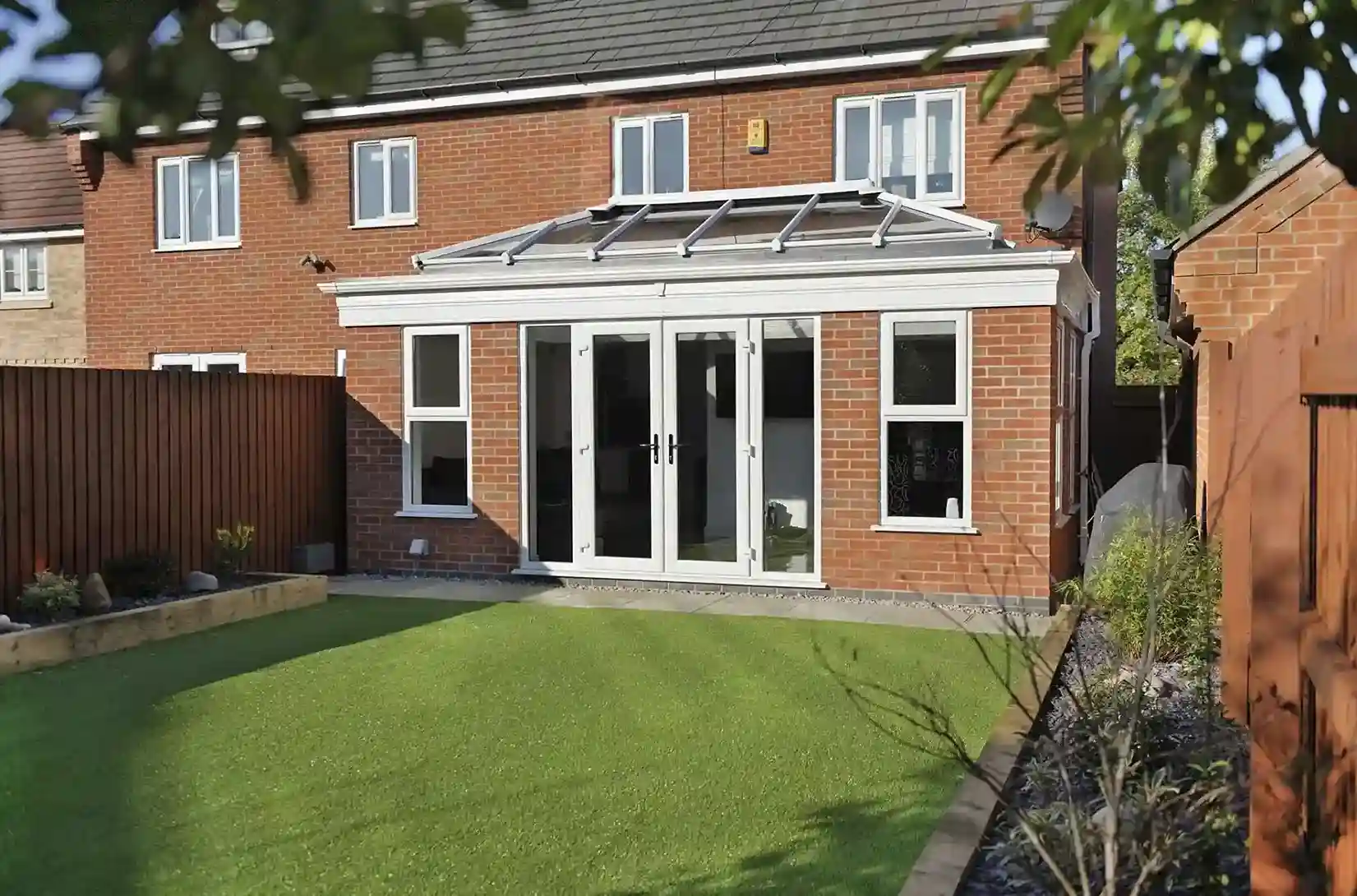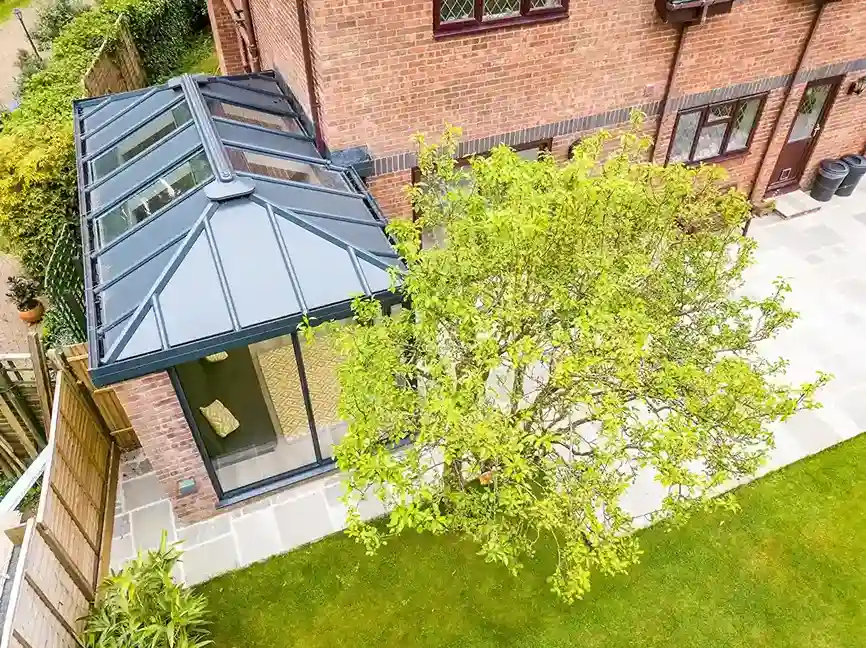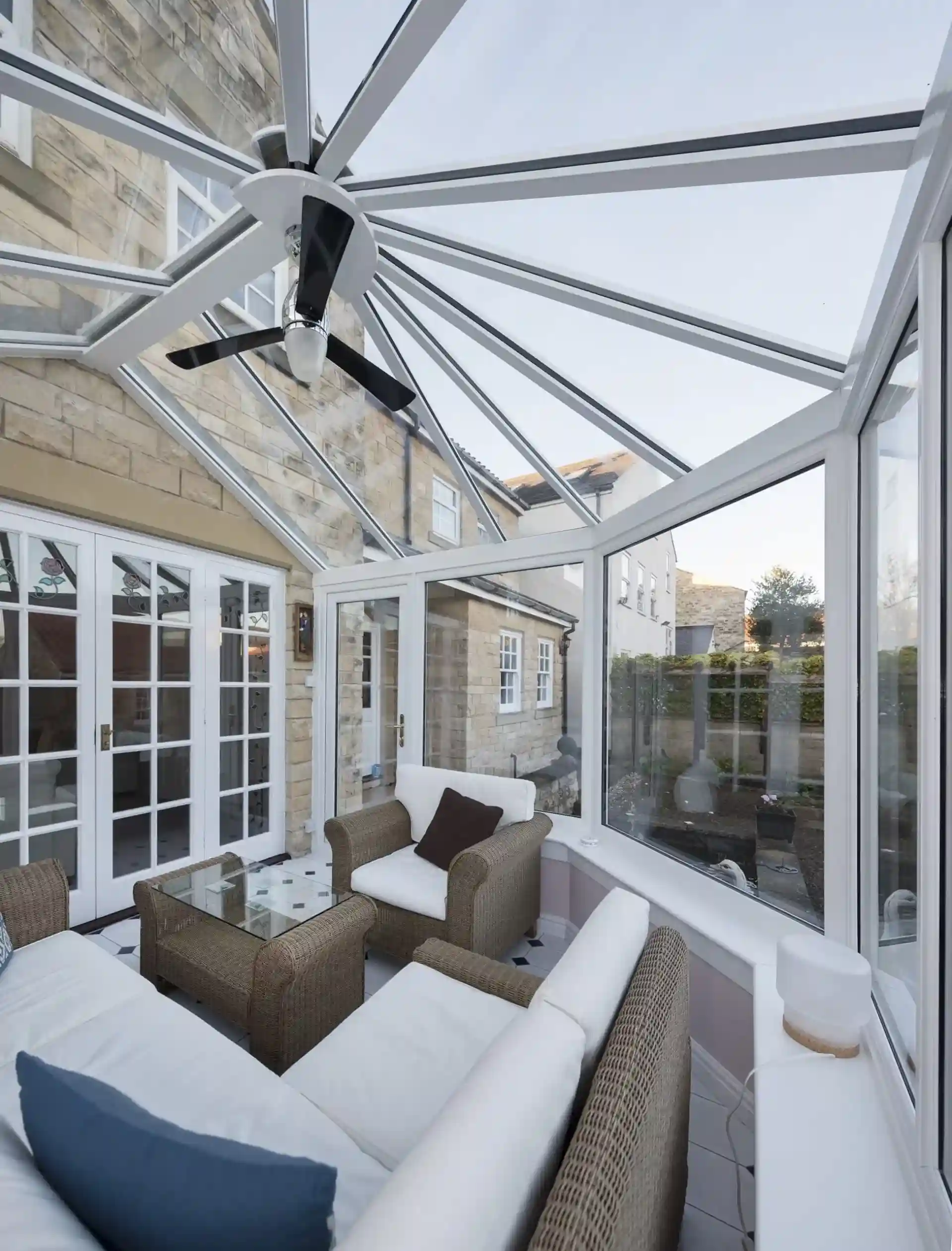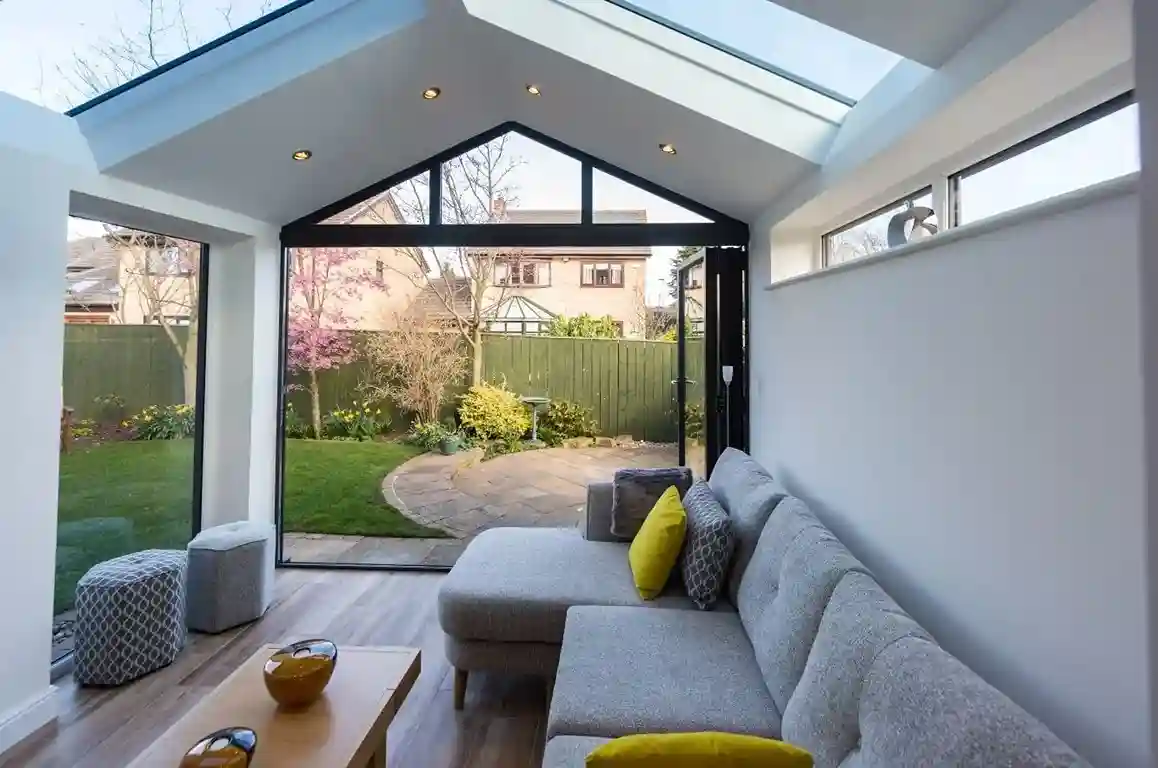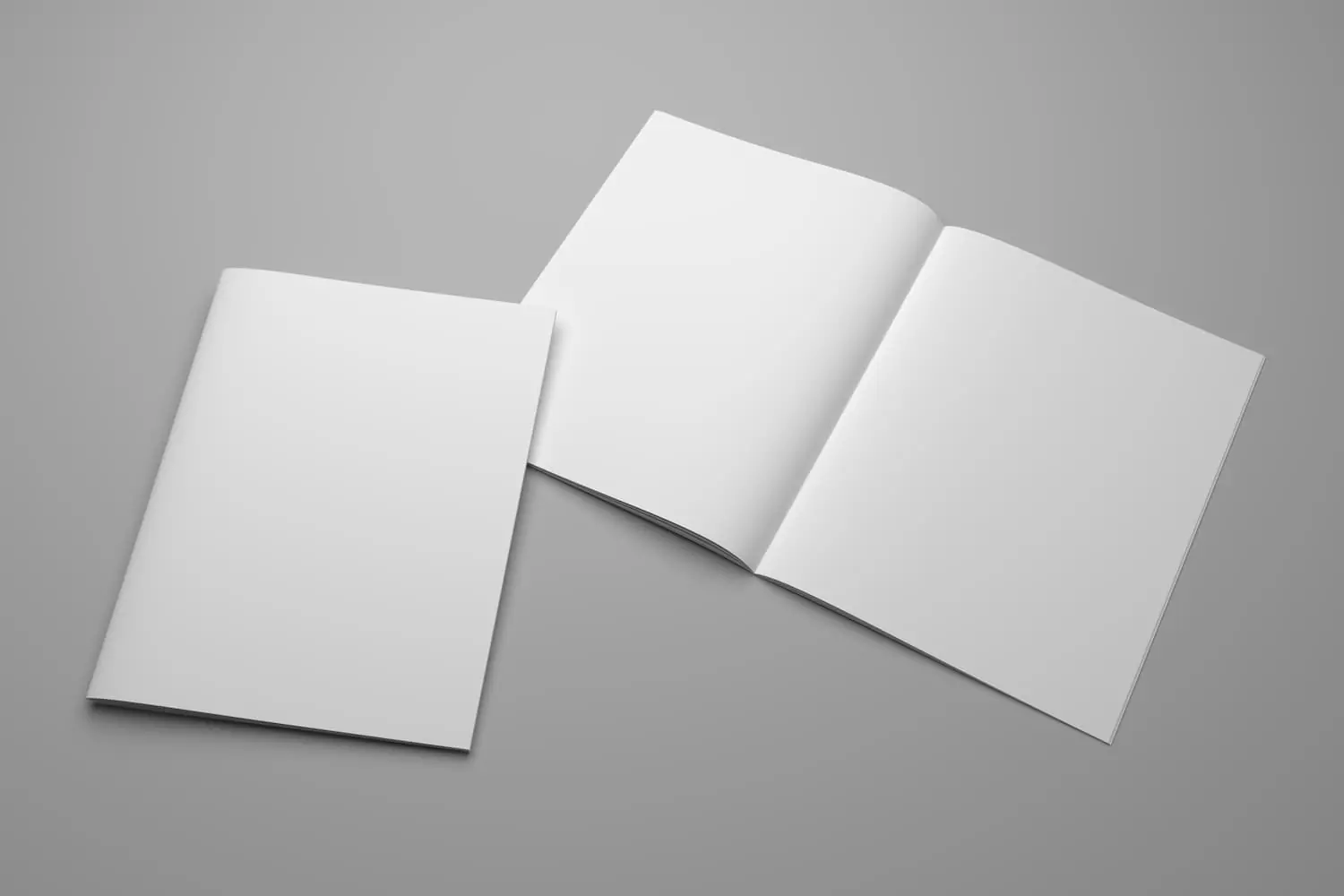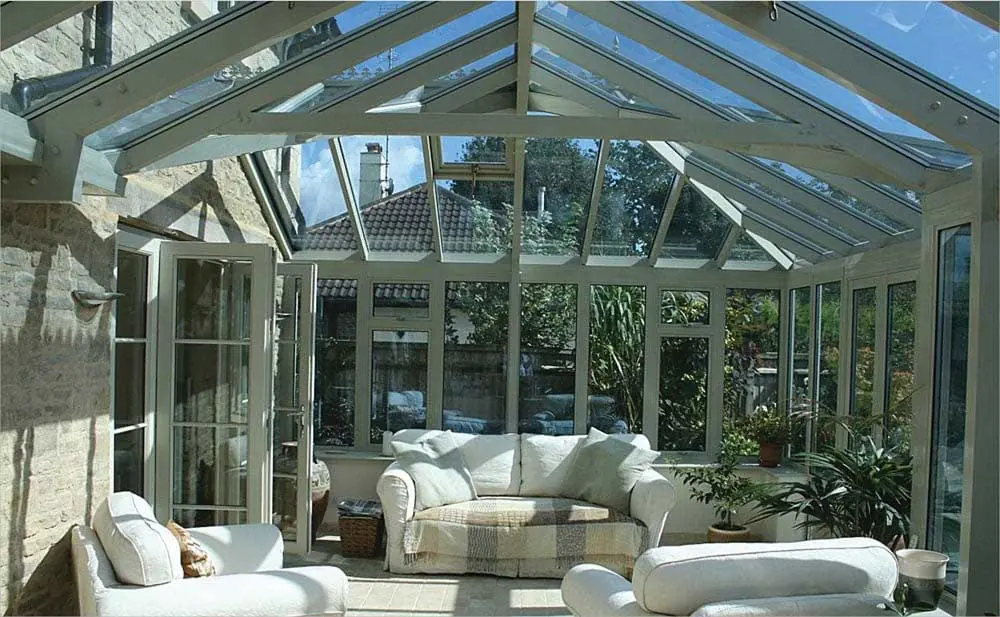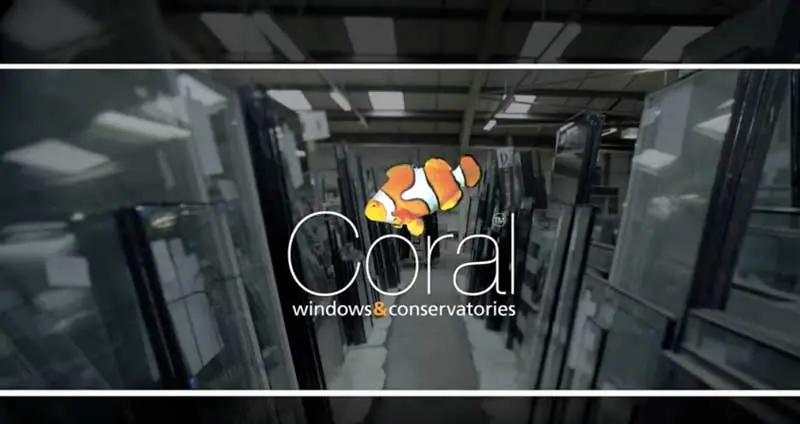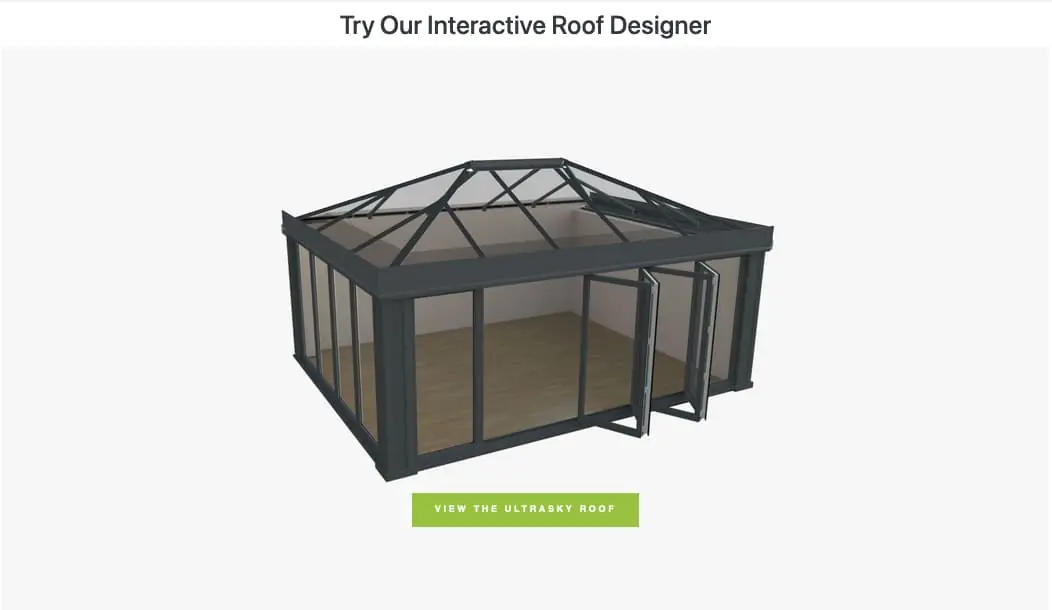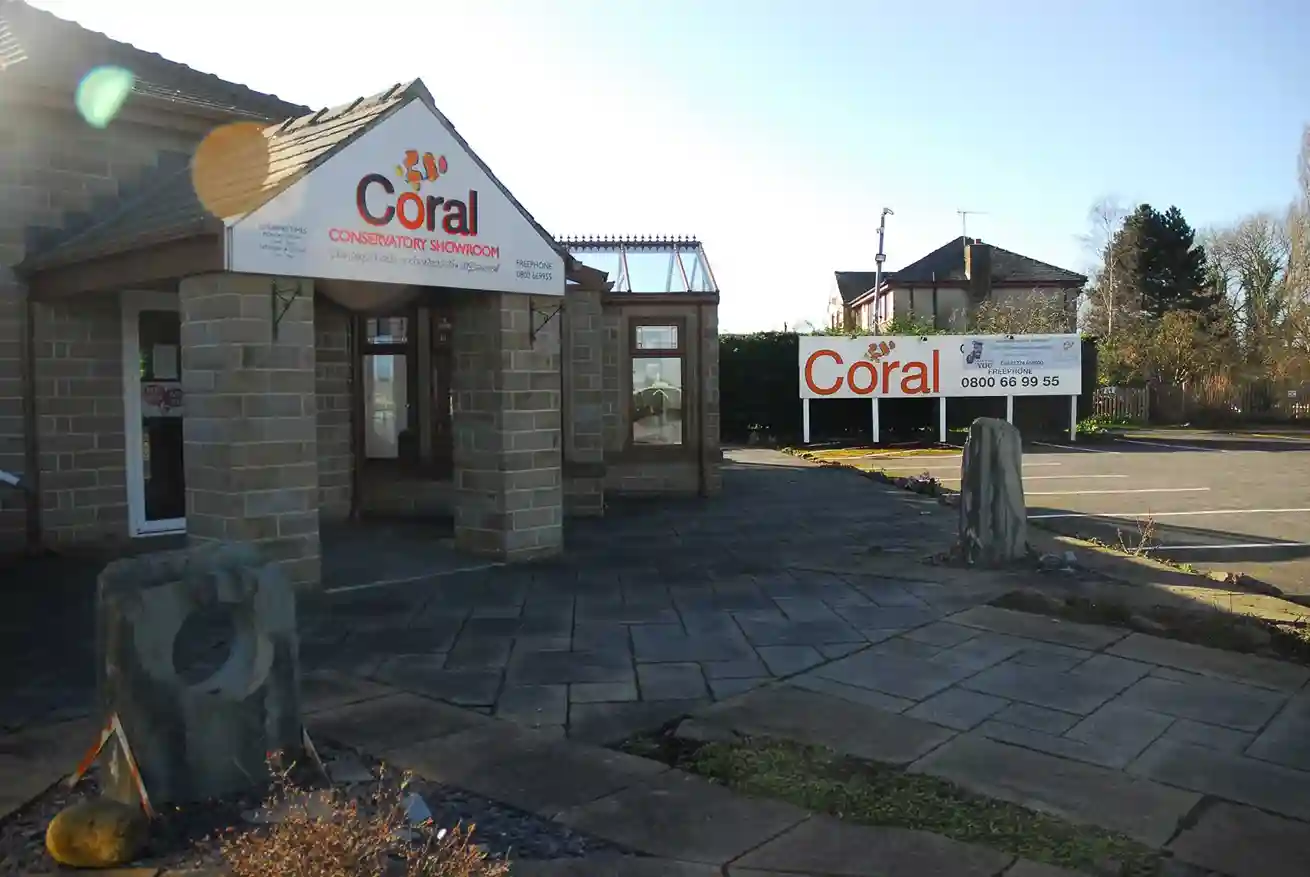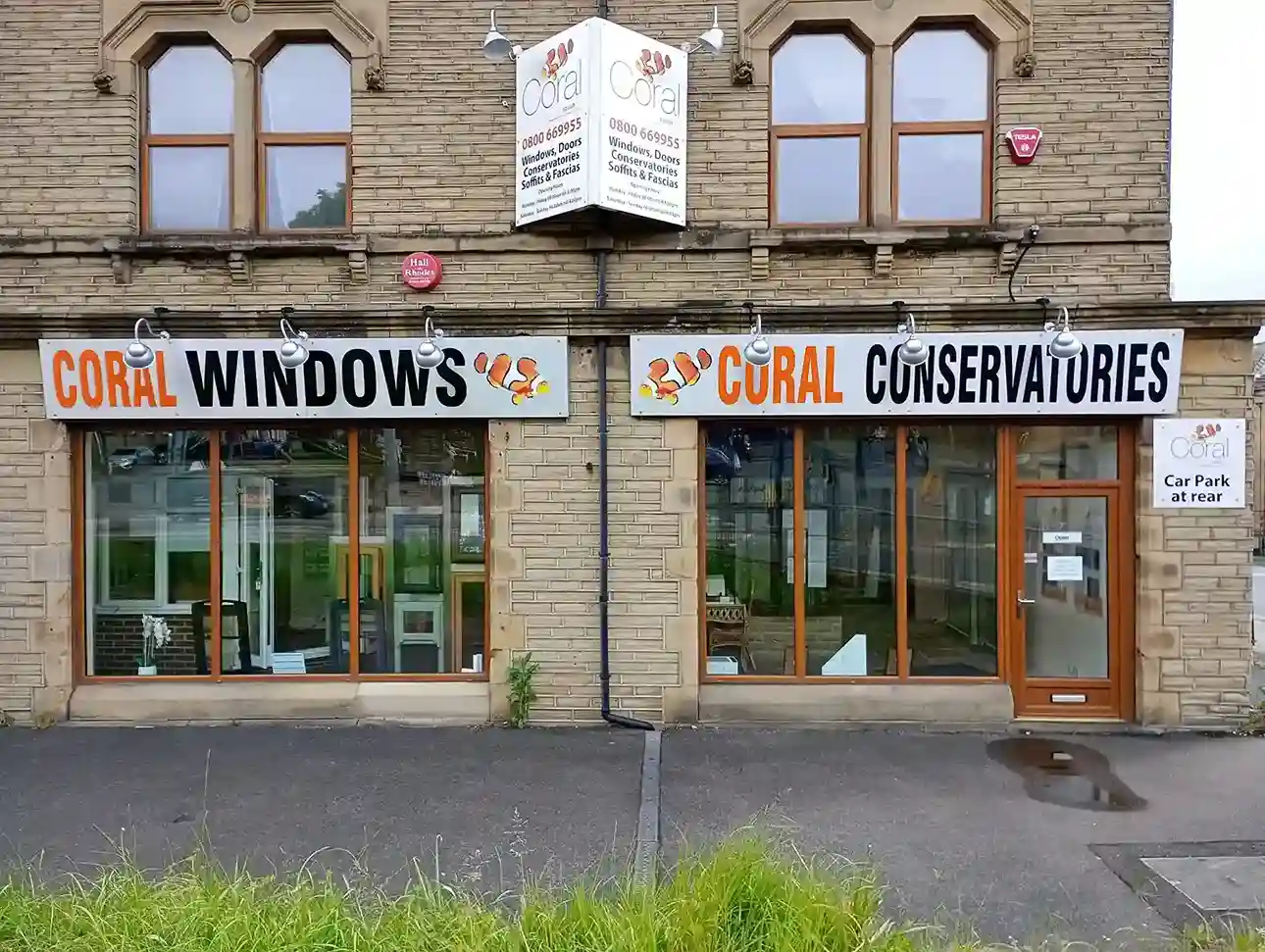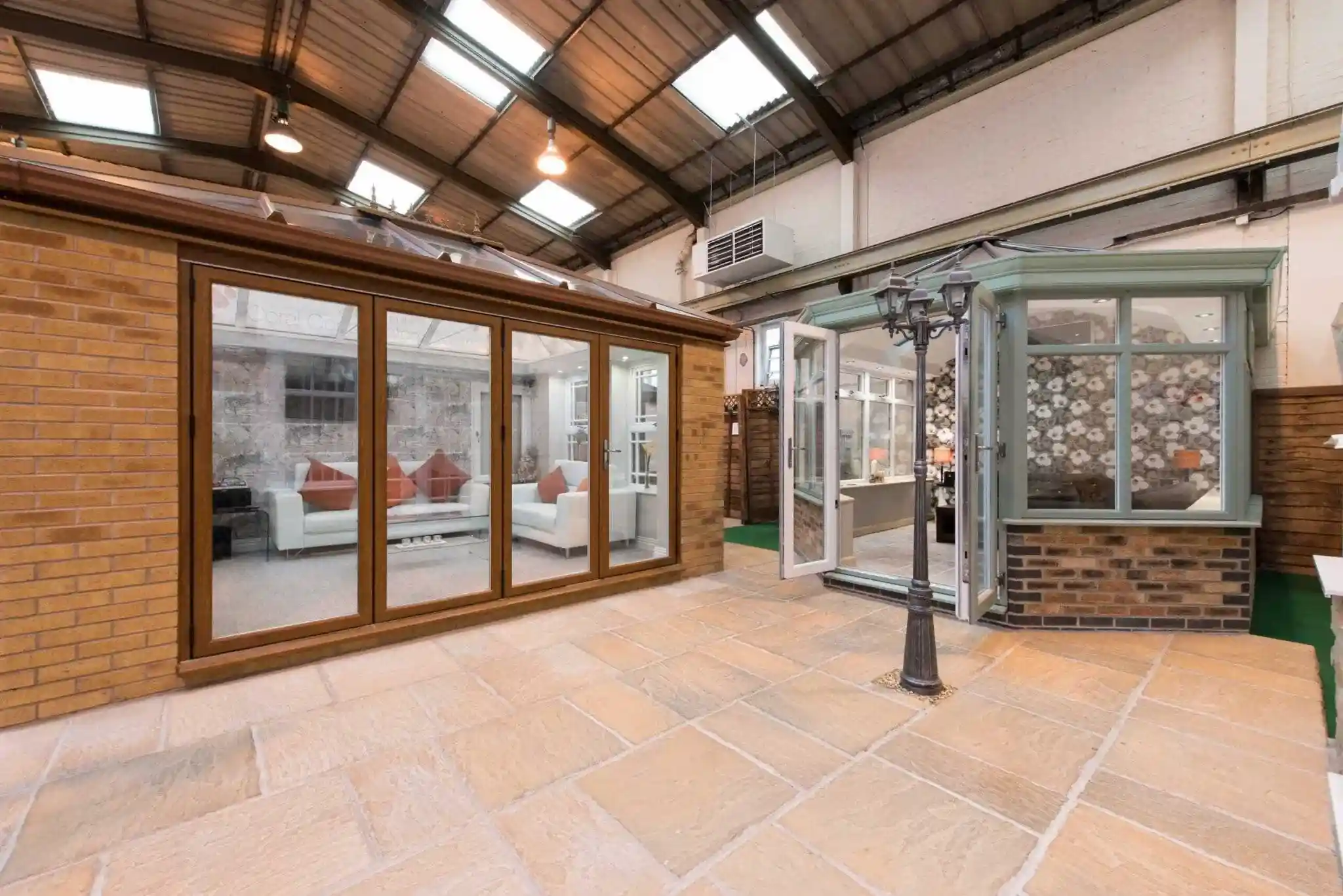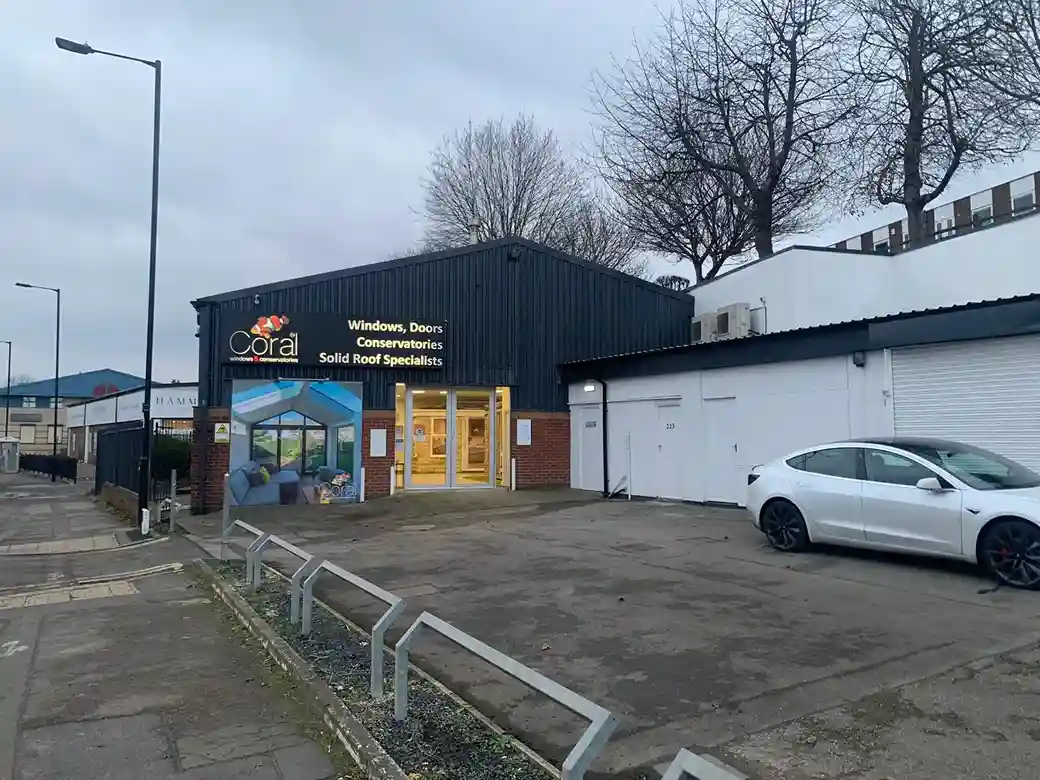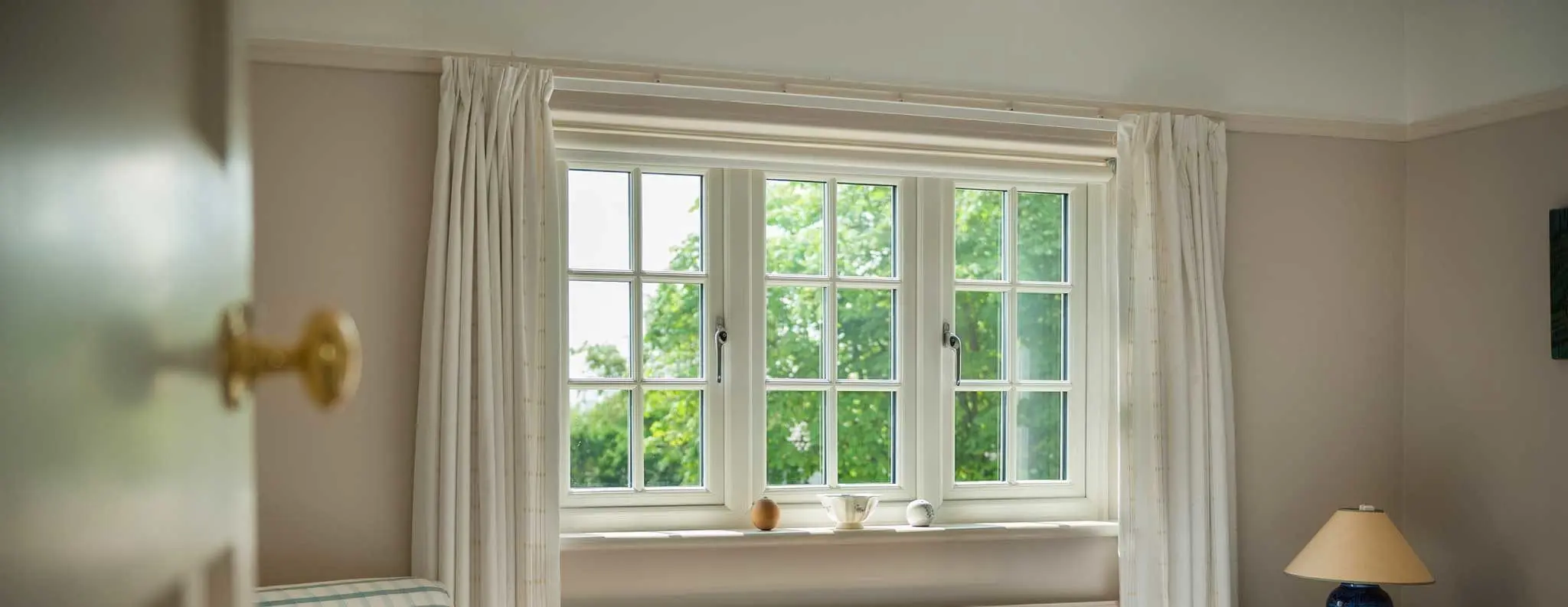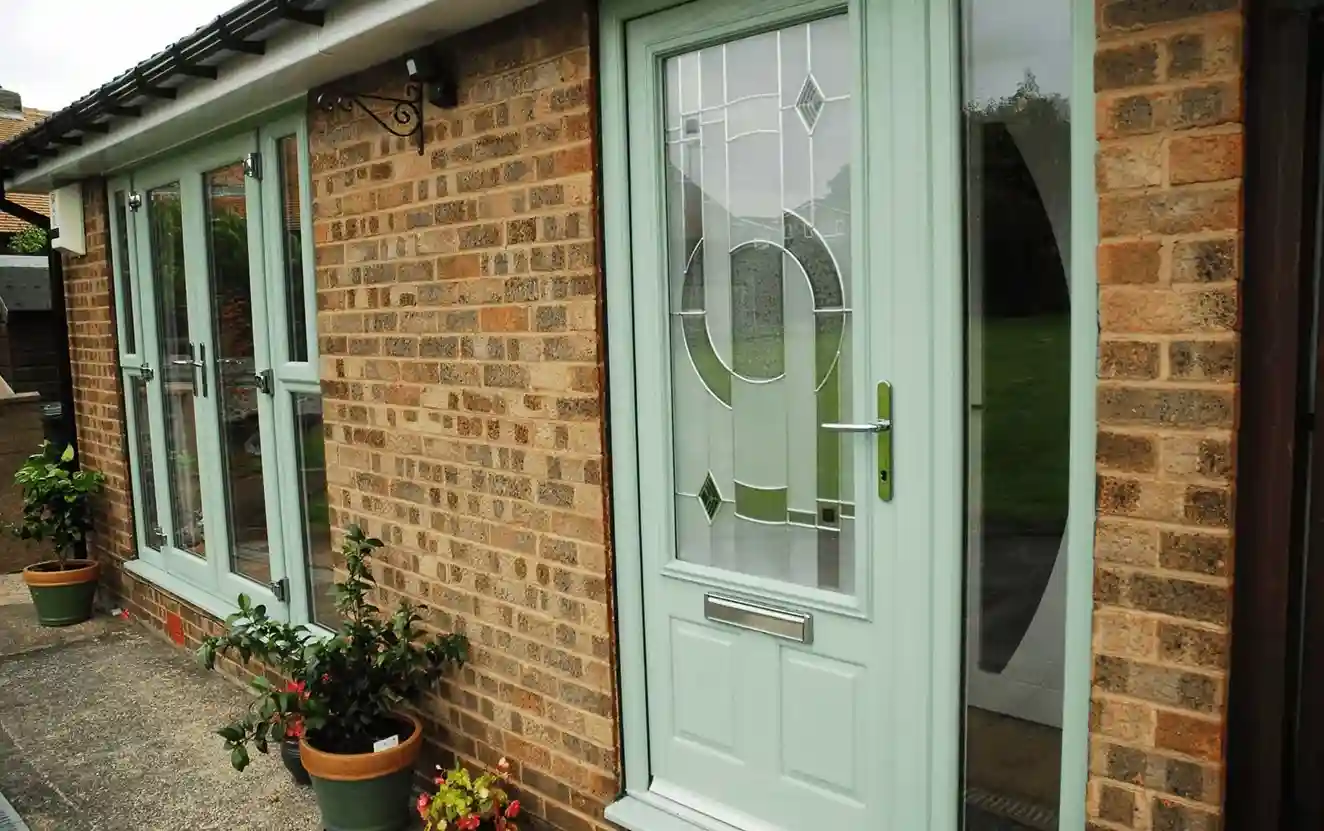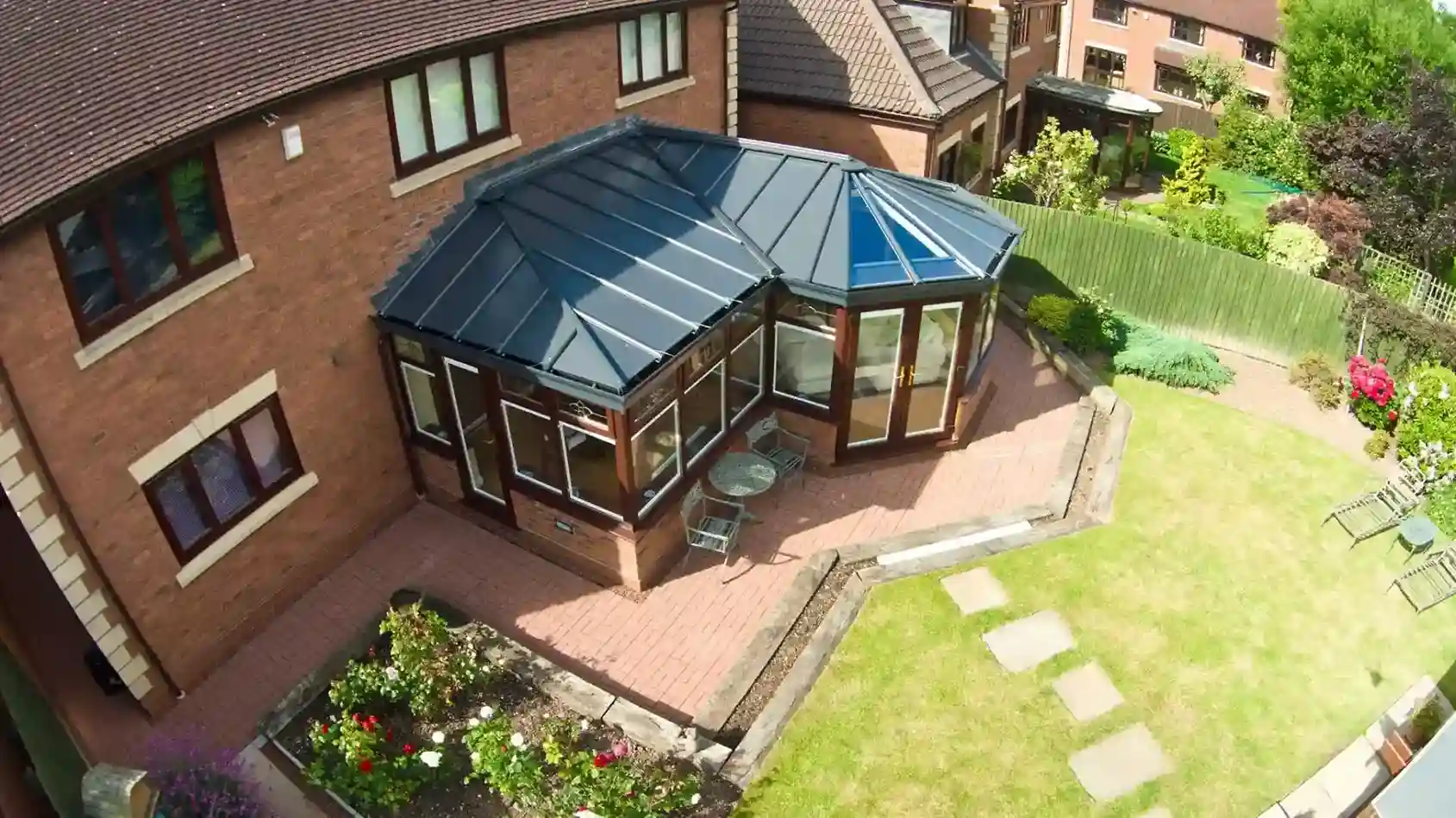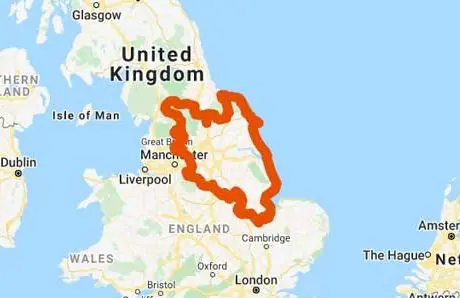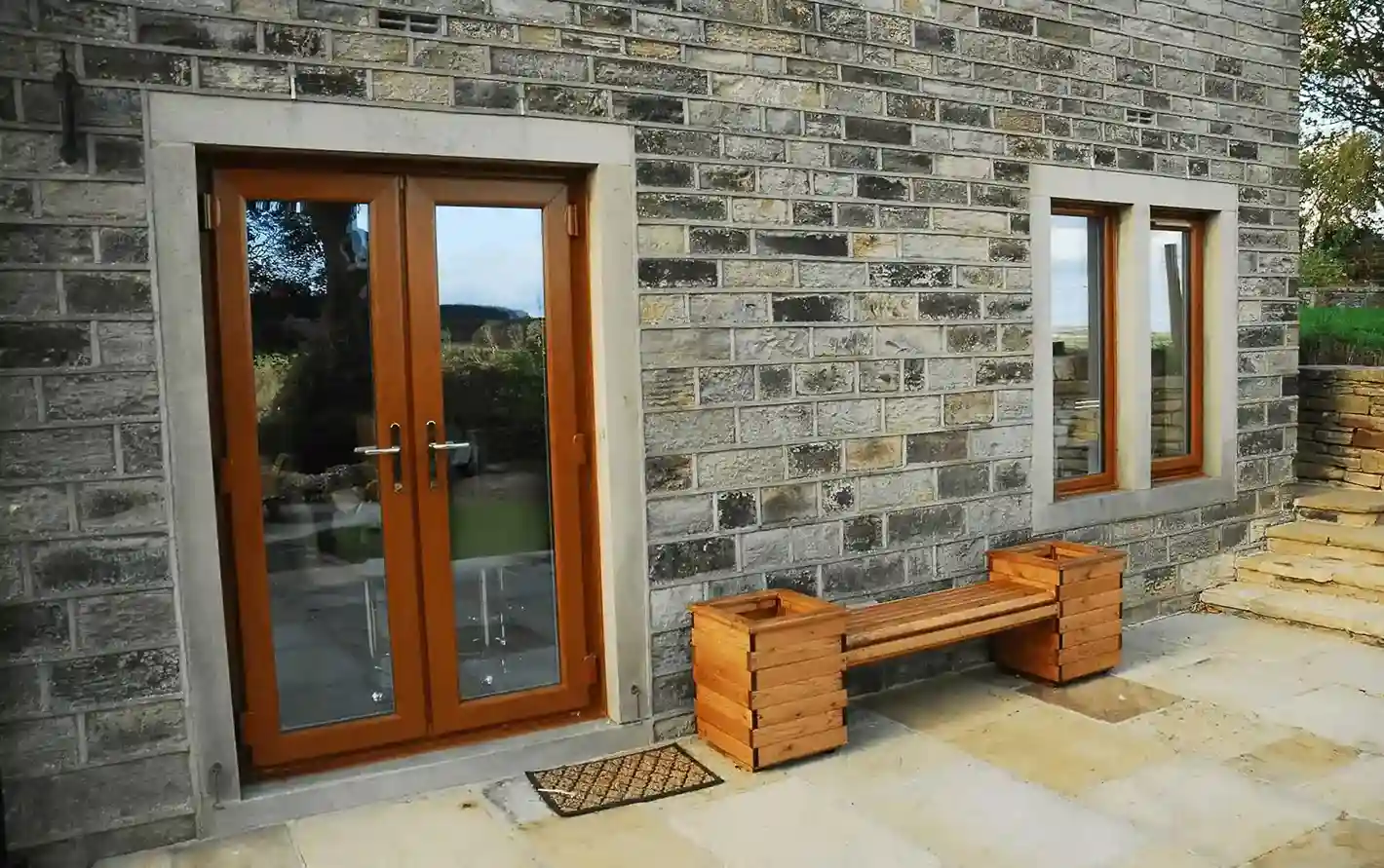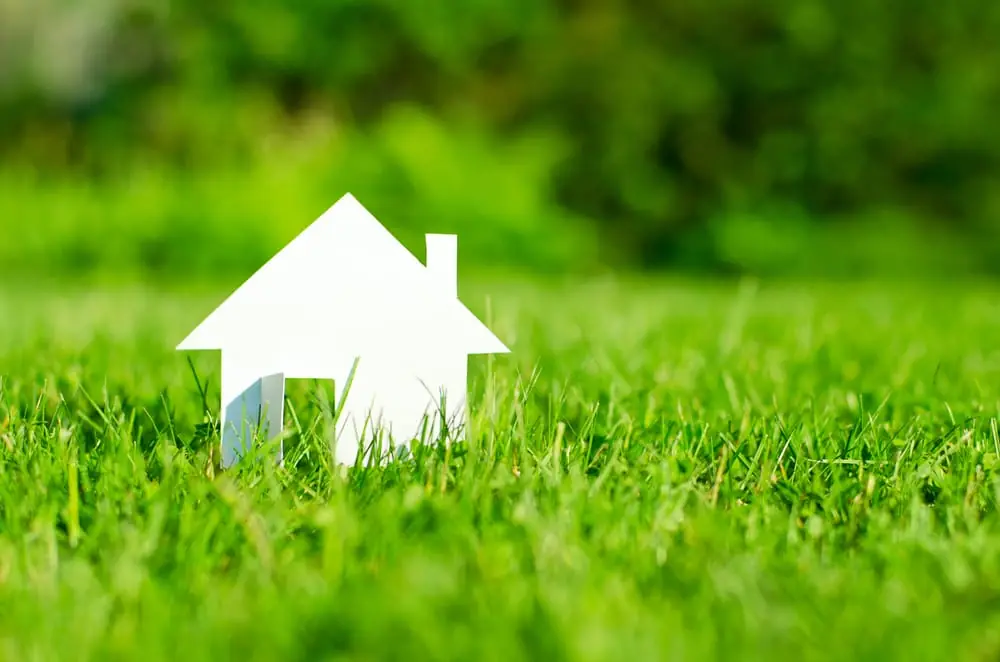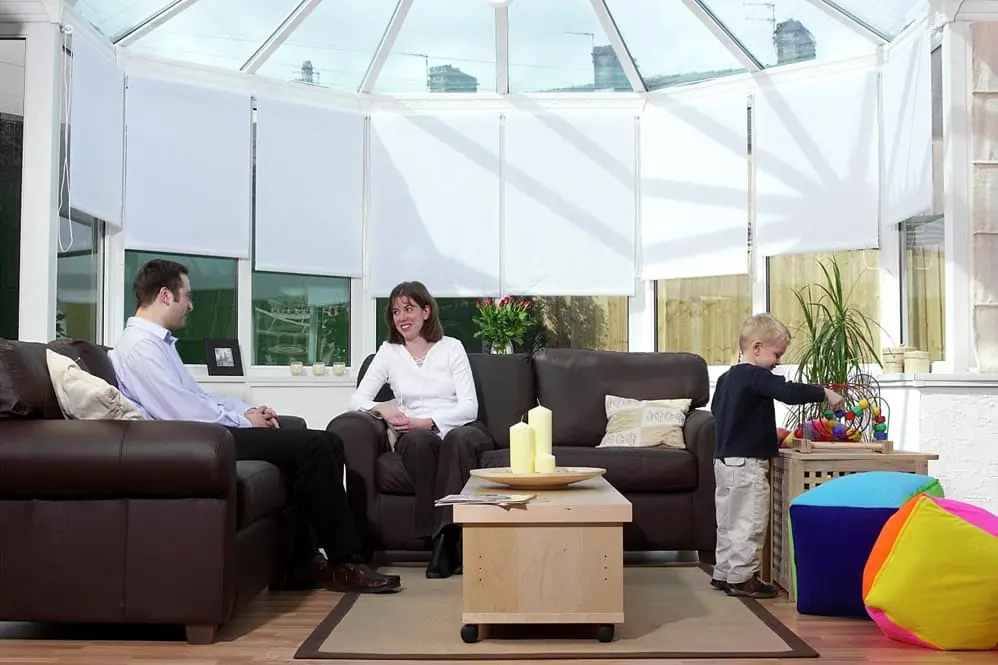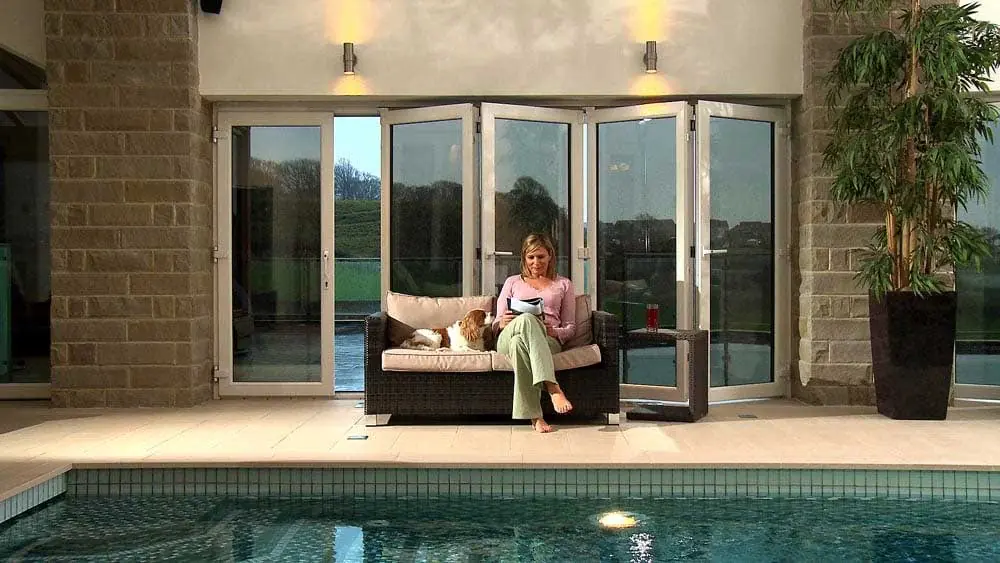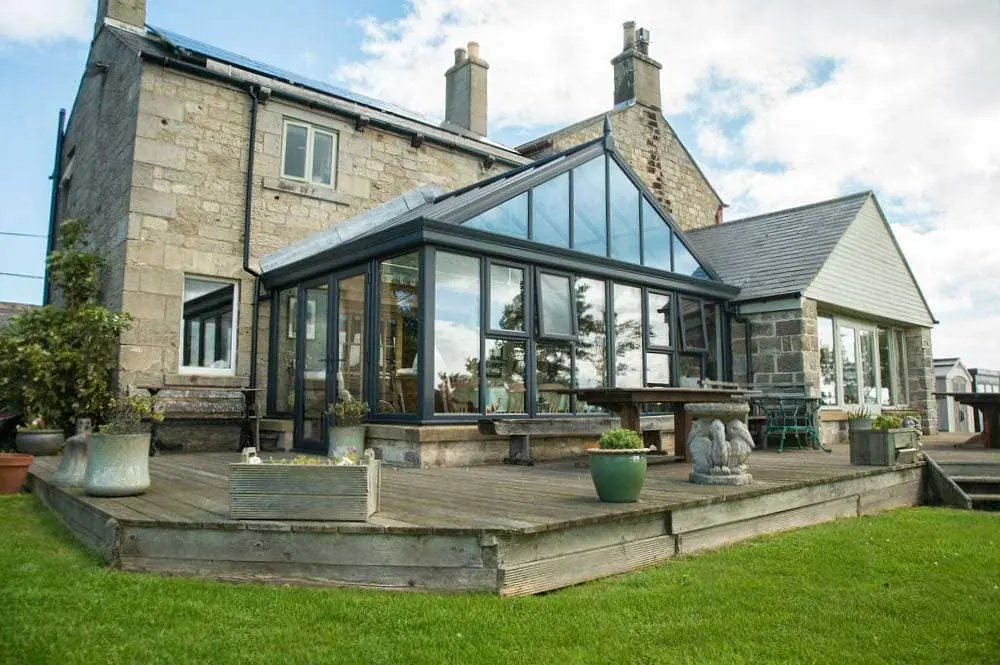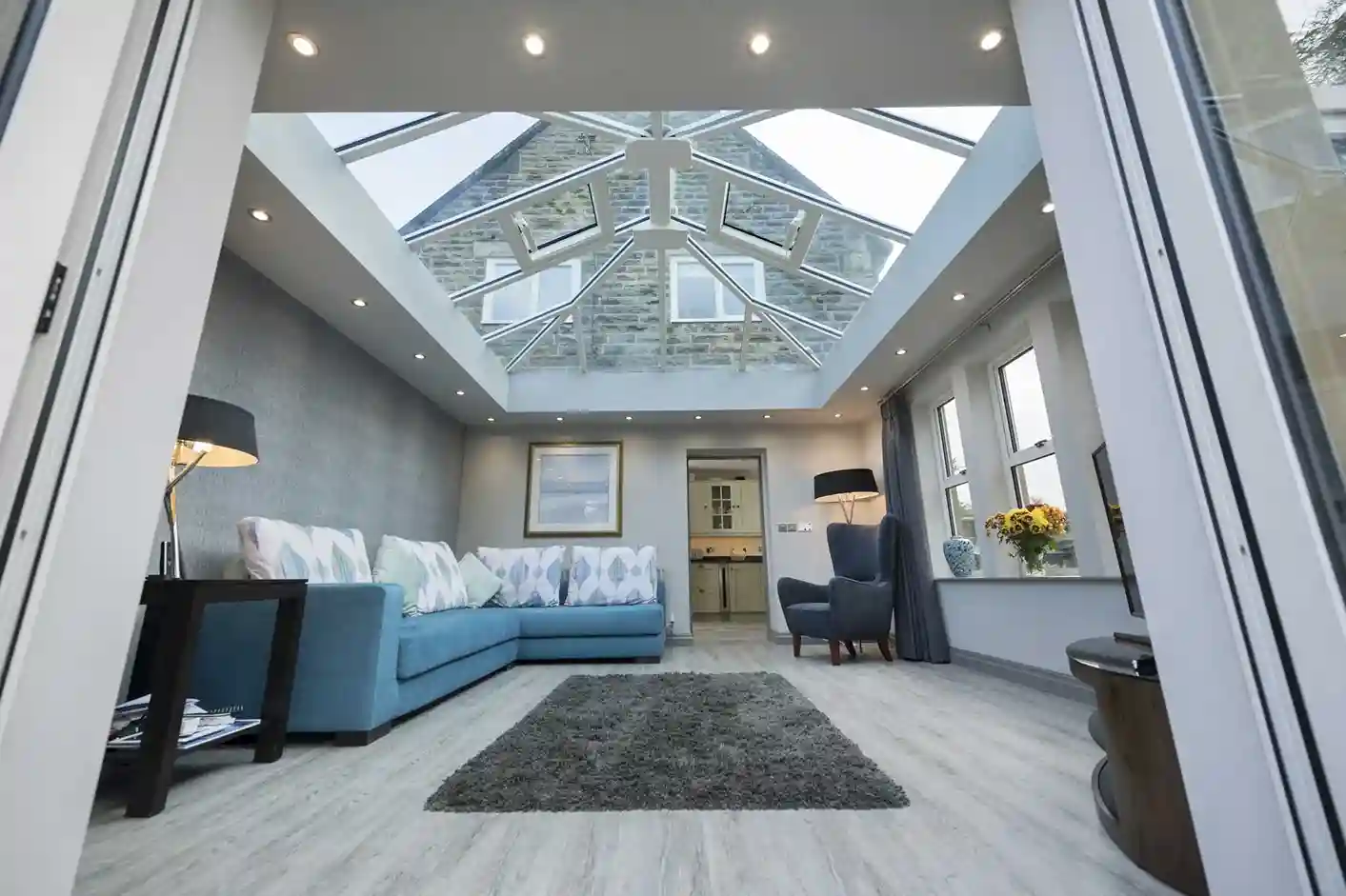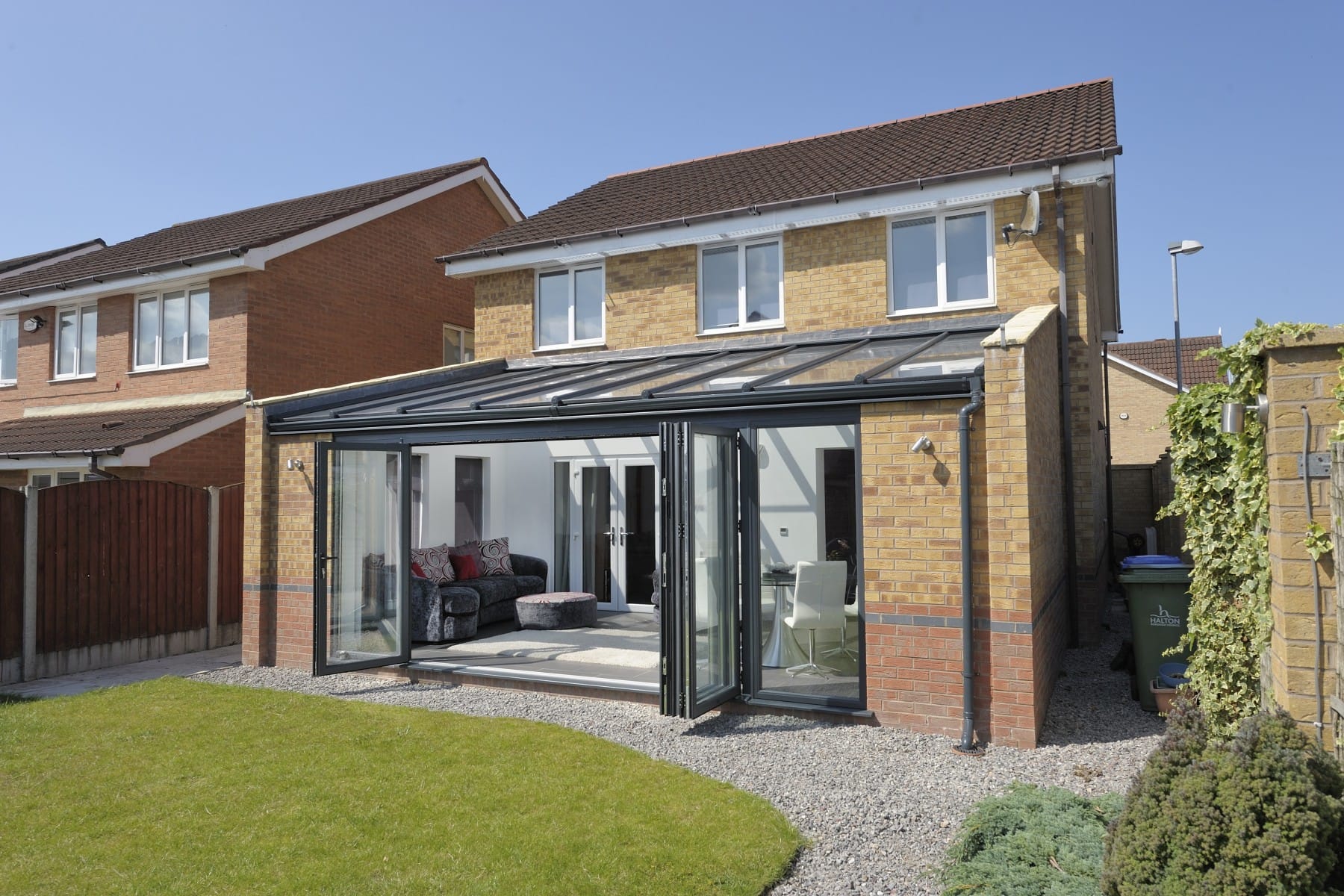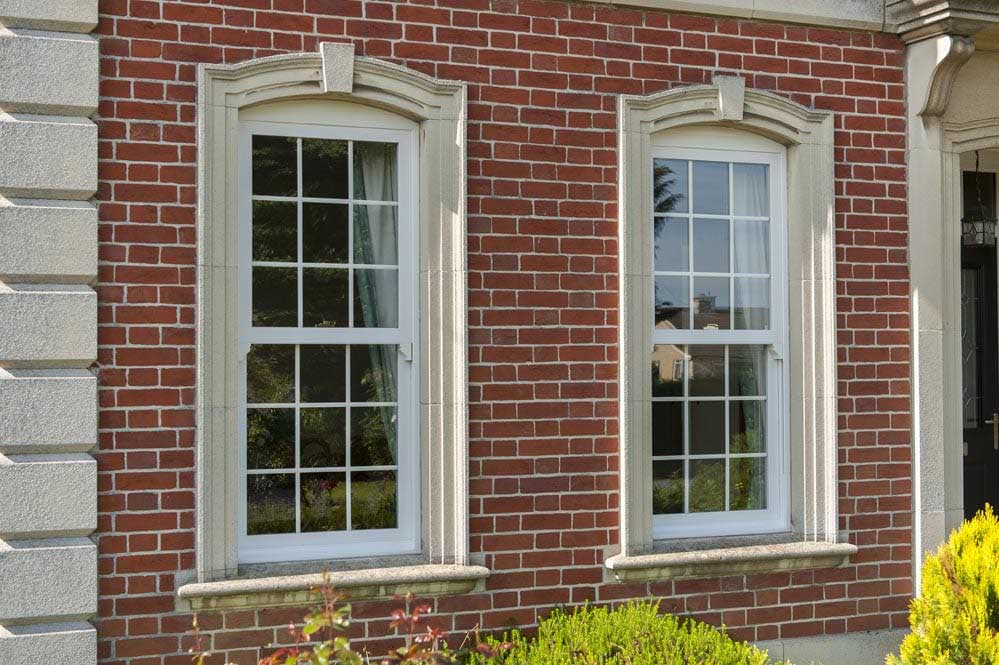What is the difference between uPVC and PVC windows?
Coral has established itself as the leading provider of dependable home improvement solutions in Yorkshire and the nearby regions, with a track record of more than three decades in the industry. Our windows, doors, conservatories, orangeries, and extensions have earned us the distinction of being the highest-rated service provider by Which? Trusted Trader.
At Coral, we are committed to enabling our customers to make informed choices about their home renovation plans. To address one of the most common queries we receive – “What is the difference between uPVC and PVC windows?” – we help our clients with comprehensive information about the various types of windows available, their longevity, energy efficiency, and benefits and drawbacks. This empowers our customers to choose the ideal windows that can enhance their property’s worth and ensure optimal returns on their investment.
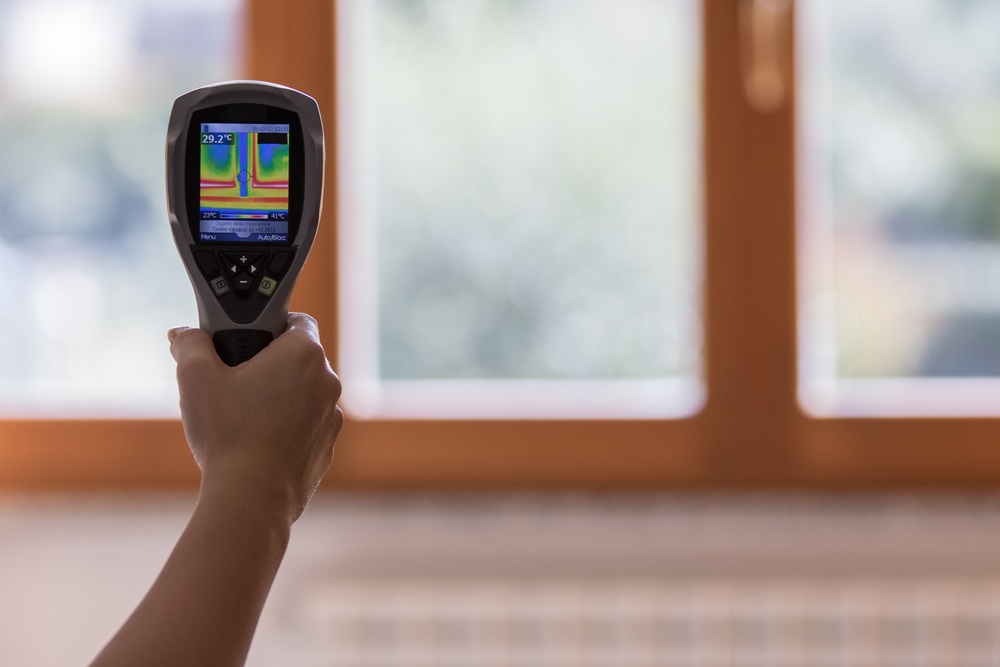
Windows are a crucial component of any building, providing natural light, ventilation, and insulation. However, with so many different types of windows available in the market, it can be challenging to decide which one is the best fit for your needs. One common confusion that people often encounter is the difference between uPVC and PVC windows. While these two materials may seem similar, they have distinct differences that can significantly impact their performance and durability.
What is uPVC?
UPVC, which stands for unplasticised polyvinyl chloride, is a synthetic plastic polymer that is extensively used in construction and building applications. UPVC is a durable and versatile material that is resistant to moisture, chemical corrosion, and weathering. It is an ideal choice for windows, doors, roofing, and piping due to its excellent insulation properties, low maintenance requirements, and high strength-to-weight ratio. UPVC is also environmentally friendly as it can be recycled and reused multiple times, making it a sustainable option for modern construction.
UPVC is a versatile material that finds widespread use in the construction industry due to its numerous benefits. UPVC windows and doors are popular choices as they are energy-efficient and offer excellent thermal insulation. They are also low maintenance, durable, and long-lasting, making them a cost-effective solution in the long run. UPVC is also used for roofing and cladding applications due to its excellent weather resistance and ability to withstand harsh environmental conditions. In addition, UPVC is used for piping and plumbing systems as it is corrosion-resistant and offers high chemical stability. Overall, UPVC is a highly versatile material that offers a range of benefits, making it a preferred choice in modern construction.
What is PVC?
PVC, or polyvinyl chloride, is a synthetic plastic polymer that is widely used in a variety of applications. PVC is a versatile material that is easy to process and can be moulded into different shapes and forms. It is used extensively in the construction industry for windows, doors, roofing, and piping. PVC is also used in the manufacturing of medical equipment, toys, electrical cables, and automotive components.
PVC is popular in the construction industry due to its durability, cost-effectiveness, and low maintenance requirements. PVC pipes are widely used in plumbing systems due to their corrosion-resistant properties, while PVC roofing sheets offer weather resistance and durability. PVC is also a popular choice in the manufacturing of electrical cables and wiring due to its high insulation properties and ability to withstand high temperatures.
What’s The Difference Between uPVC and PVC Windows?
uPVC, or unplasticised polyvinyl chloride, is a synthetic plastic polymer that is commonly used in window frames. Unlike traditional PVC, uPVC is not treated with plasticisers, making it a more robust and durable material. uPVC windows are known for their excellent insulation properties, as they can effectively keep heat inside the building during the winter months and prevent hot air from entering during the summer. uPVC windows are also low maintenance and long-lasting, as they do not warp, rot or corrode easily.

On the other hand, PVC, or polyvinyl chloride, is a flexible plastic material that is often used in window coverings such as blinds and shutters. PVC windows are not as durable as uPVC windows and are prone to cracking, warping and fading over time. PVC windows are also less energy-efficient than uPVC windows, as they do not offer the same level of insulation and thermal resistance.
When it comes to choosing between uPVC and PVC windows, there are several factors to consider. Firstly, uPVC windows offer better insulation and durability, making them a more cost-effective option in the long run. uPVC windows also require less maintenance and are less likely to need repairs or replacement. However, if you are looking for a more affordable and flexible option, PVC windows may be a suitable choice.
Contact Coral Today.
While uPVC and PVC windows may seem similar, they have significant differences in terms of durability, insulation, and maintenance requirements. When choosing between the two, it is crucial to consider your budget, the climate of your area, and your long-term needs. By understanding the differences between these two materials, you can make an informed decision that will provide you with comfortable, energy-efficient, and durable windows for years to come.
Contact Coral today to get started on your new windows. Get in touch with us today – simply fill out our online contact form or call 0800 058 1777. We look forward to hearing from you!
Categories: Advice

